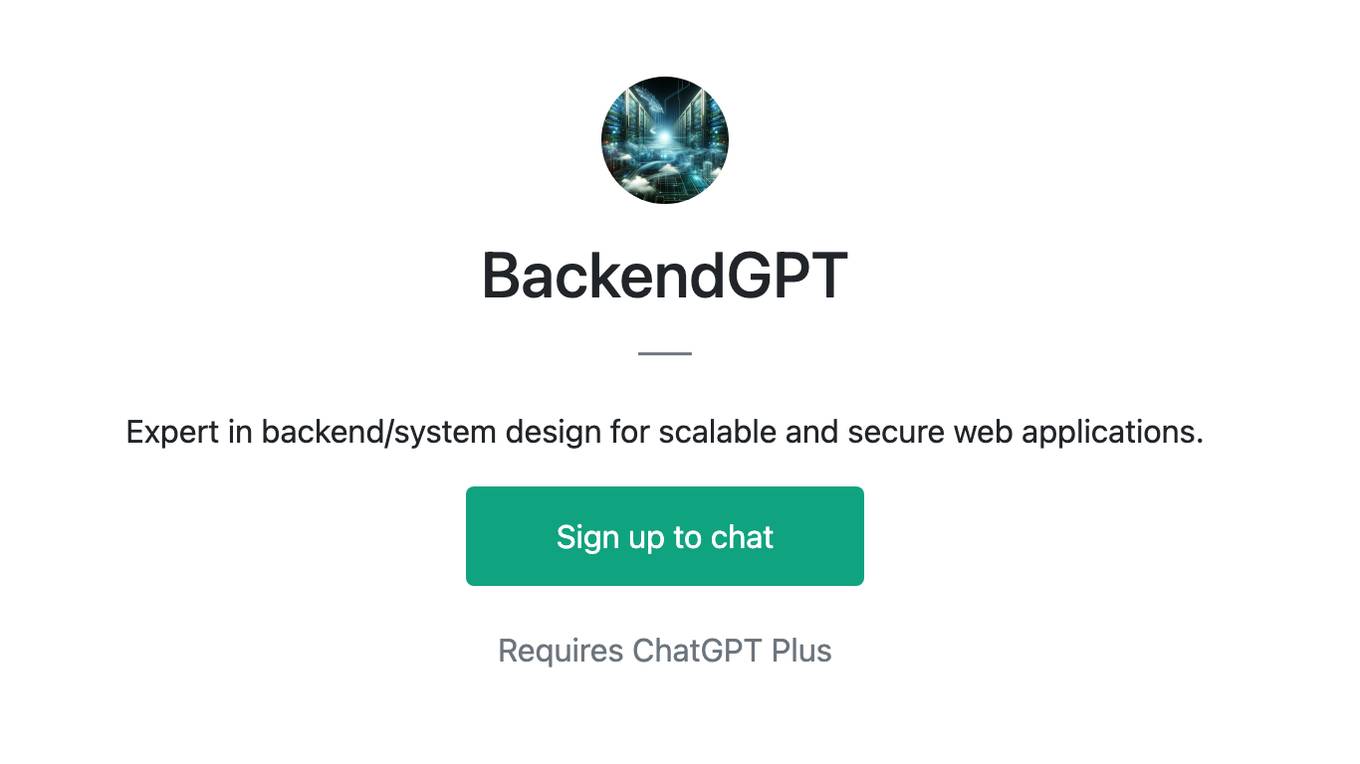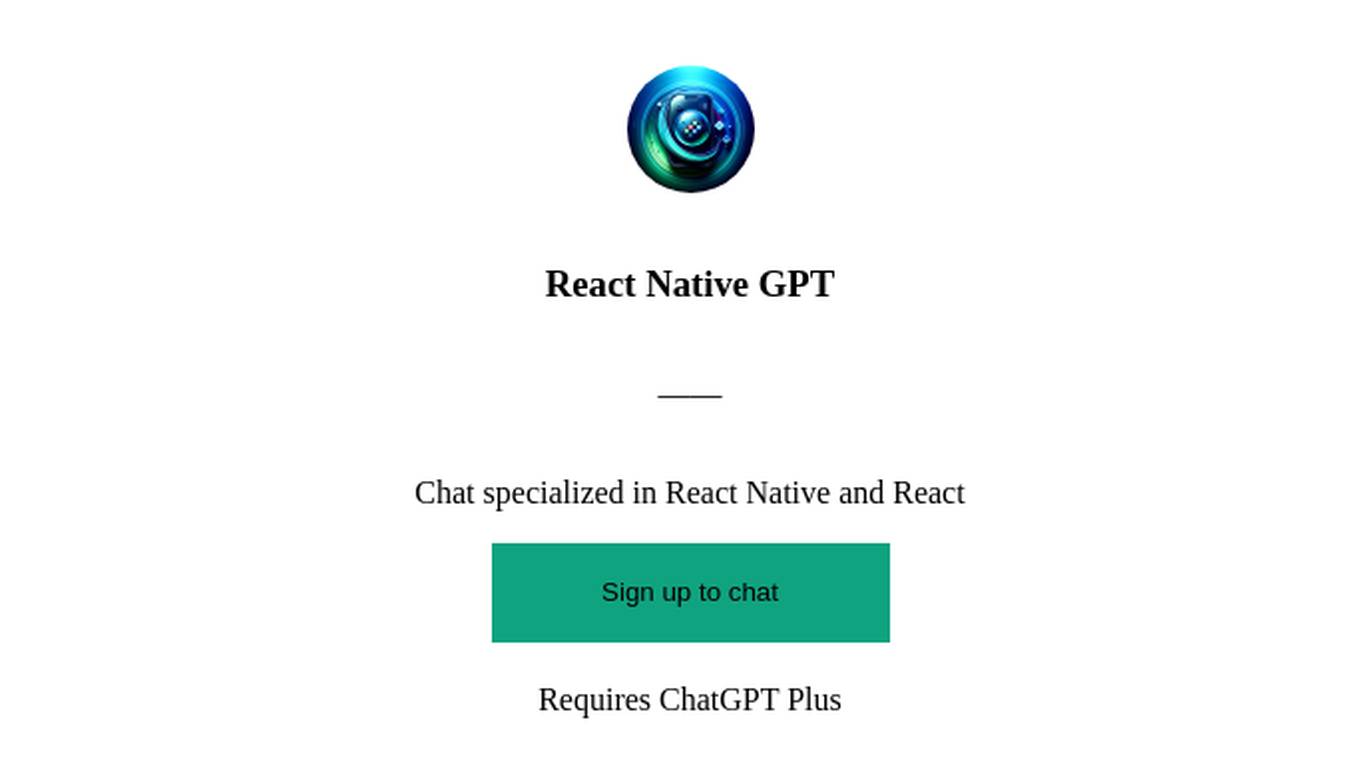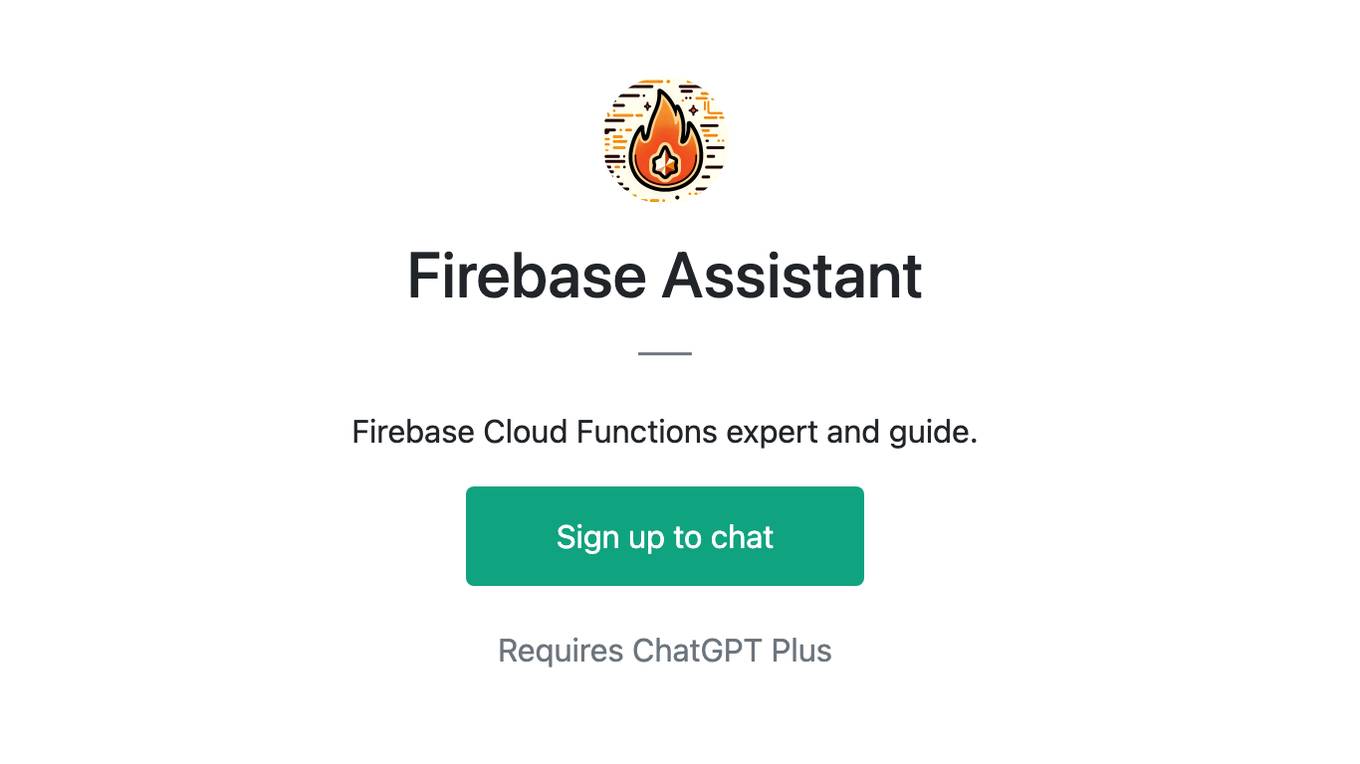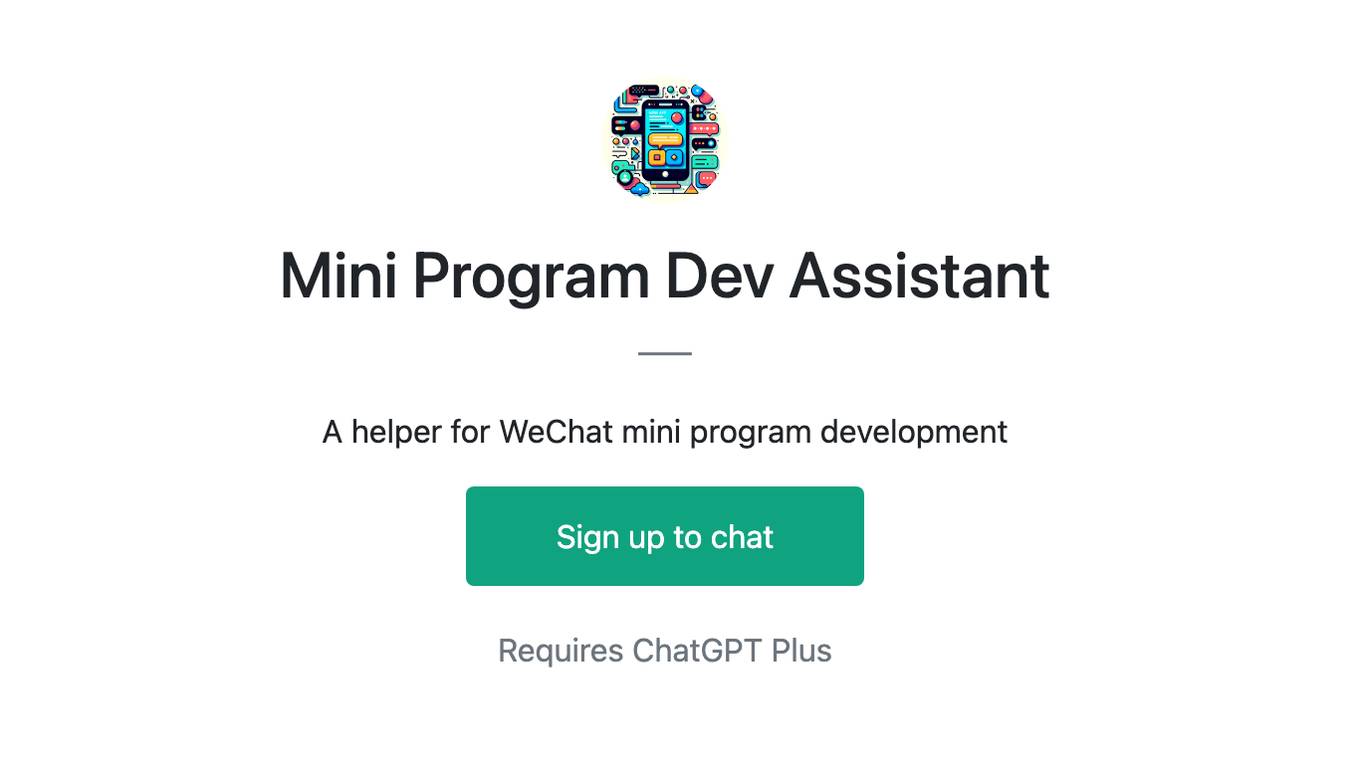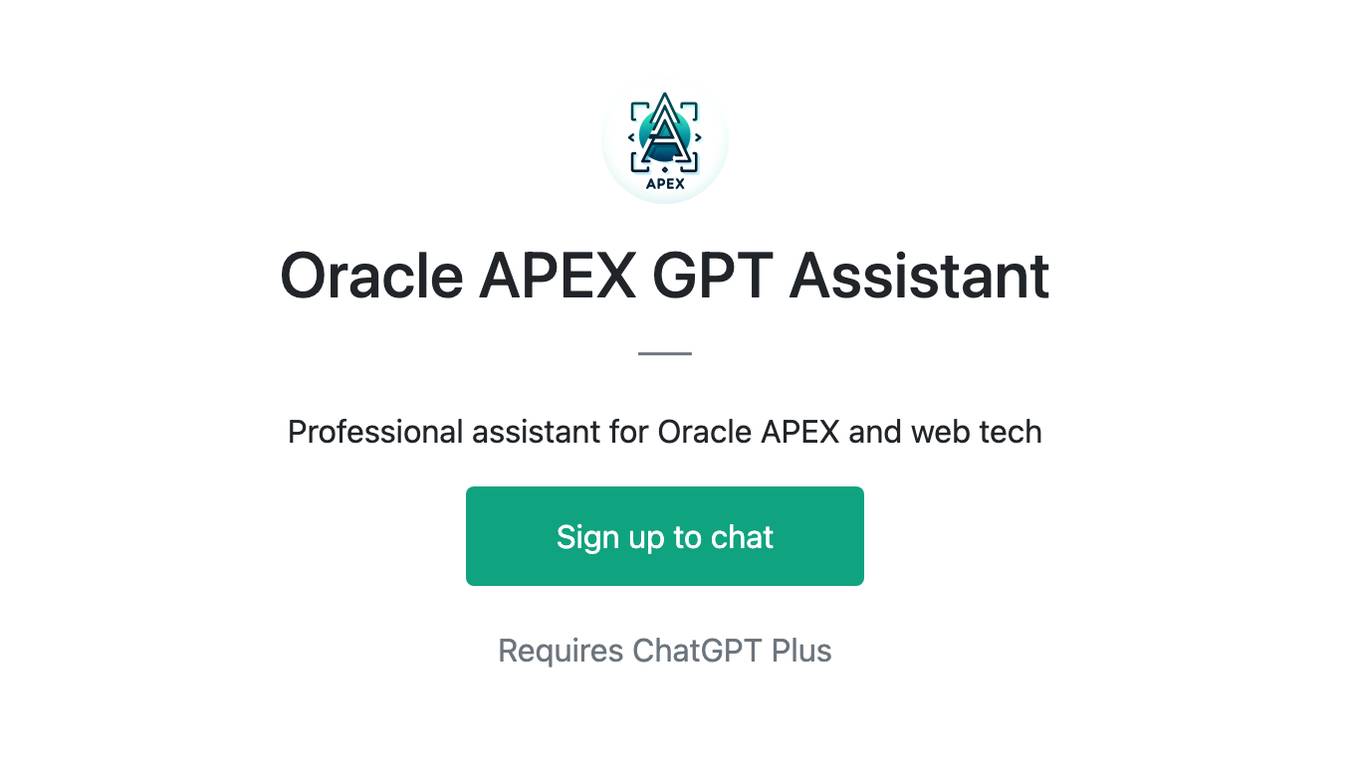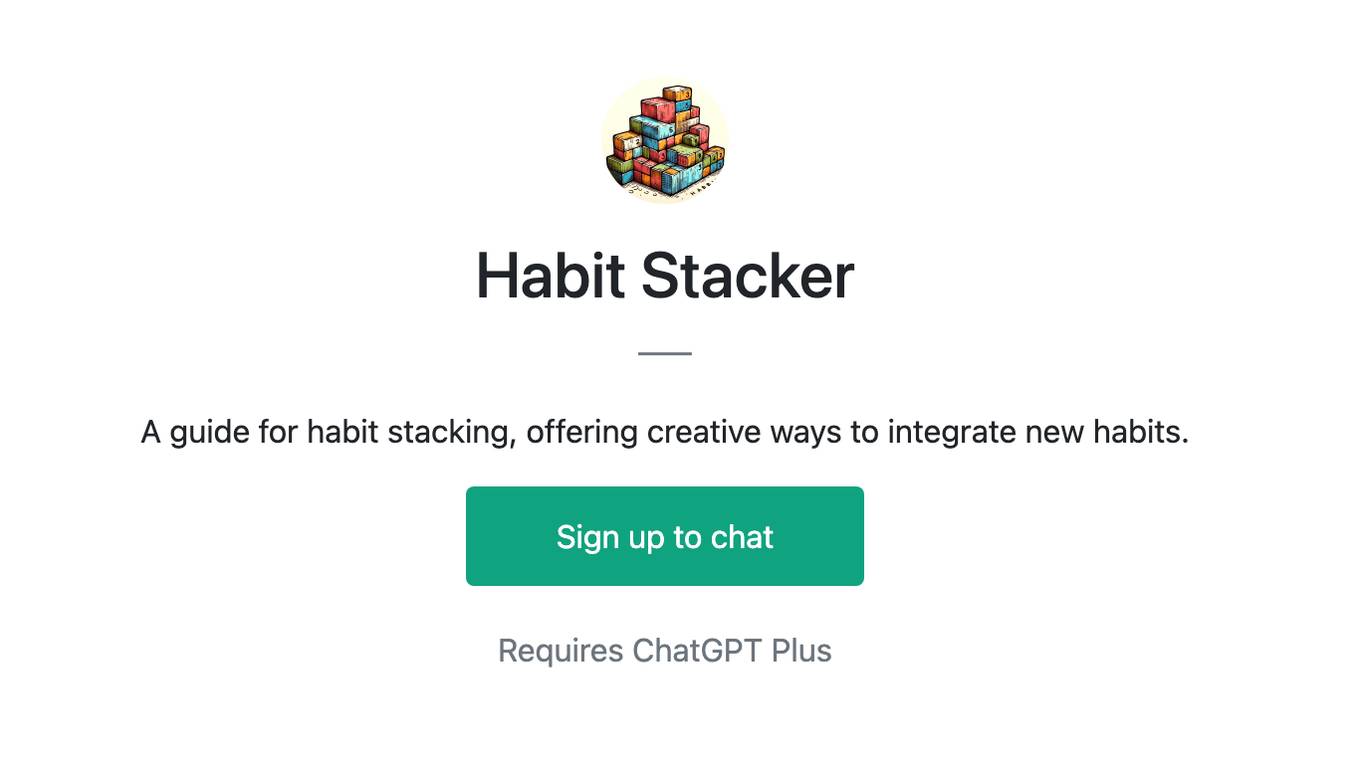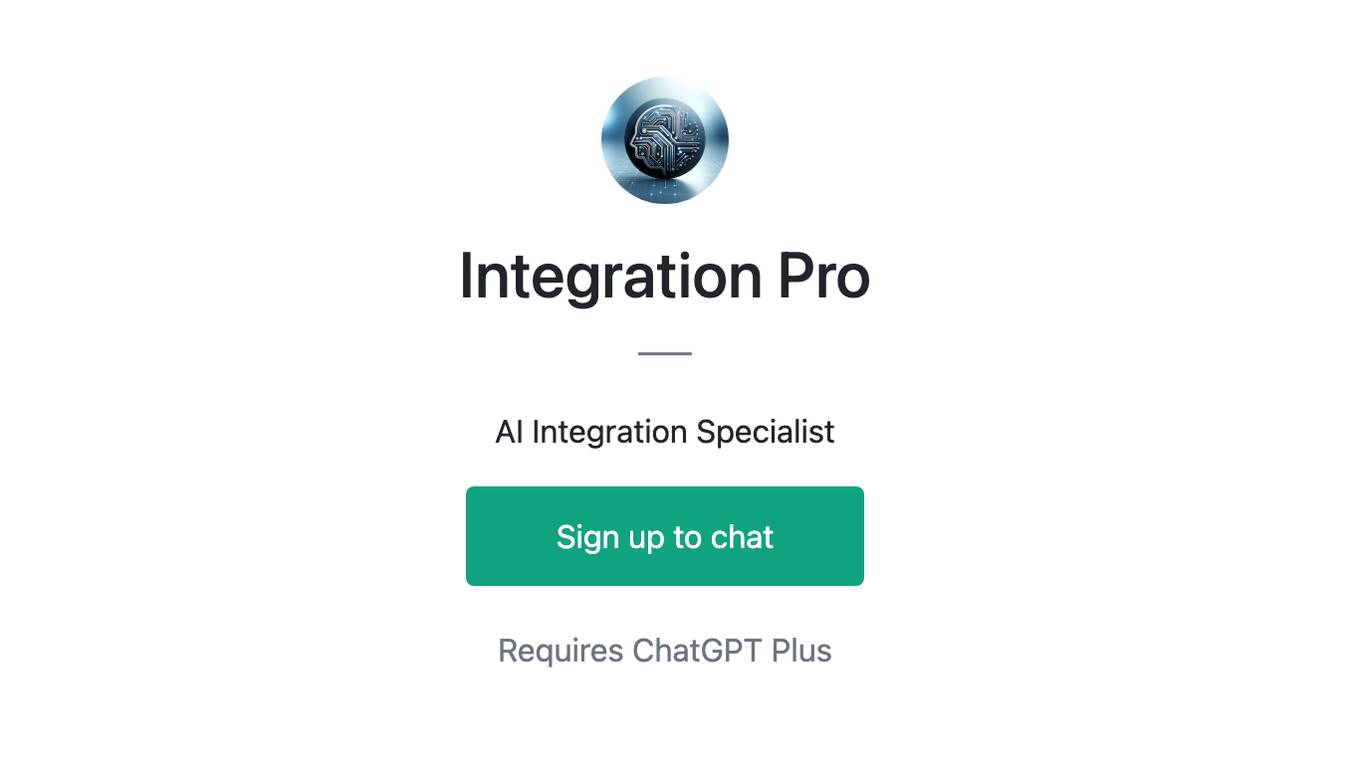Best AI tools for< Integrate Backend >
20 - AI tool Sites
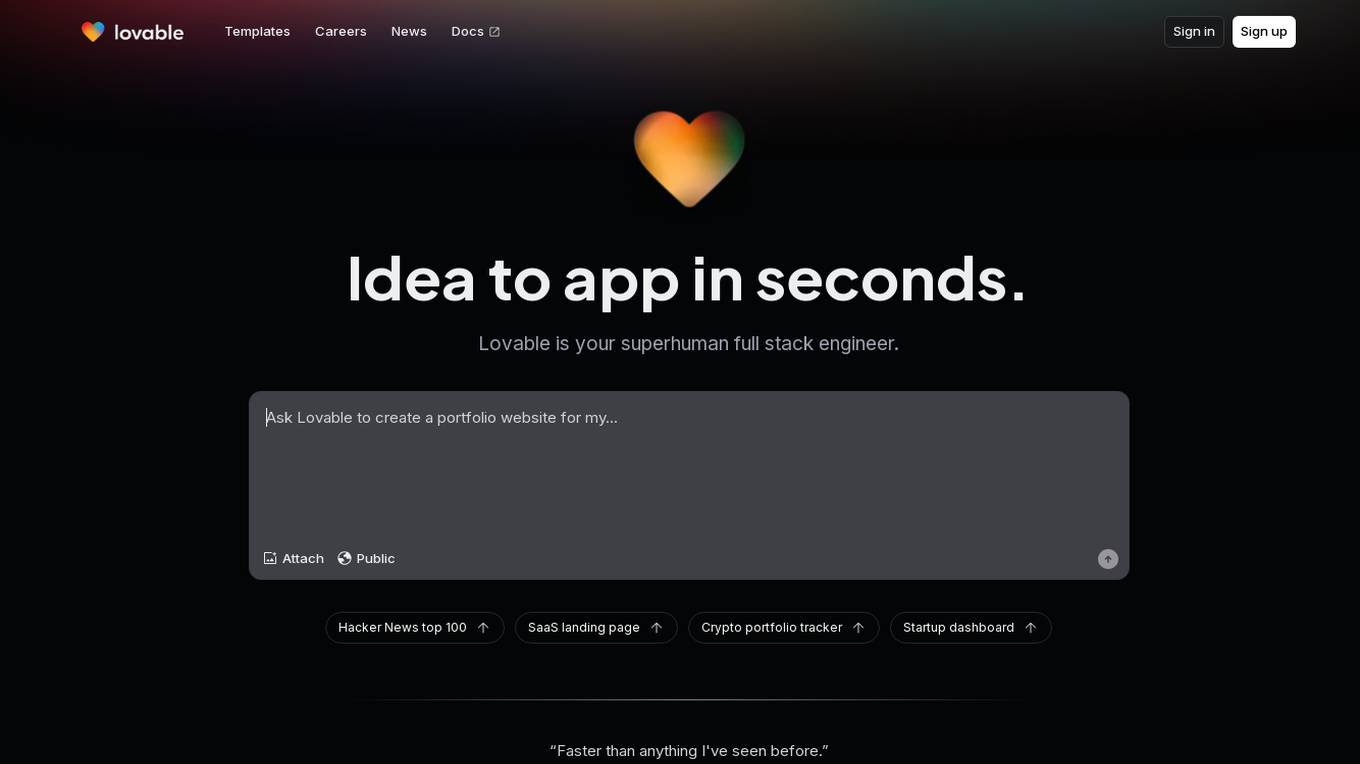
Lovable
Lovable is an AI-powered application that allows users to describe their software ideas in natural language and then automatically transforms them into fully functional applications with beautiful aesthetics. It enables users to build high-quality software without writing a single line of code, making software creation more accessible and faster than traditional coding methods. With features like live rendering, instant undo, beautiful design principles, and seamless GitHub integration, Lovable empowers product builders, developers, and designers to bring their ideas to life effortlessly.
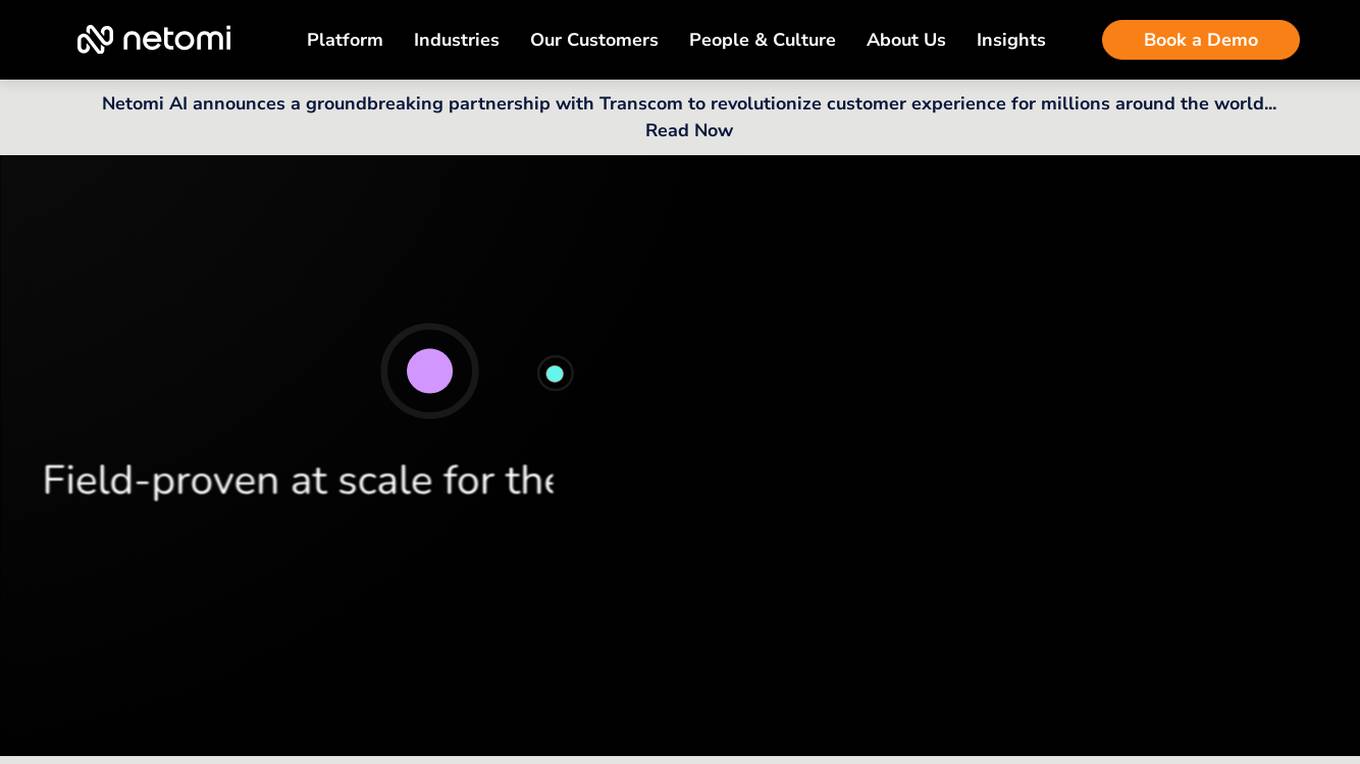
Netomi
Netomi is an AI-powered conversational AI platform that revolutionizes customer experience by providing proactive and automated customer care across various channels. It offers industry-leading enterprise-ready AI solutions, including sanctioned generative AI, goal-driven AI, and federated knowledge access. Netomi enables businesses to quickly respond to customer needs, increase resolution rates, and reduce support costs. The platform integrates seamlessly with existing systems, providing real-time omnichannel intelligence and security-first architecture for data privacy and security.

Backend.AI
Backend.AI is an enterprise-scale cluster backend for AI frameworks that offers scalability, GPU virtualization, HPC optimization, and DGX-Ready software products. It provides a fast and efficient way to build, train, and serve AI models of any type and size, with flexible infrastructure options. Backend.AI aims to optimize backend resources, reduce costs, and simplify deployment for AI developers and researchers. The platform integrates seamlessly with existing tools and offers fractional GPU usage and pay-as-you-play model to maximize resource utilization.

Works
Works is a platform that connects enterprises with the top 1% of remote tech talent. It uses advanced AI technology to ensure precision-matching of talent to project requirements, saving time and resources. Works offers transparent pricing with a flat 10% transaction fee and provides risk-free hiring with payment only when the work is completed to satisfaction.
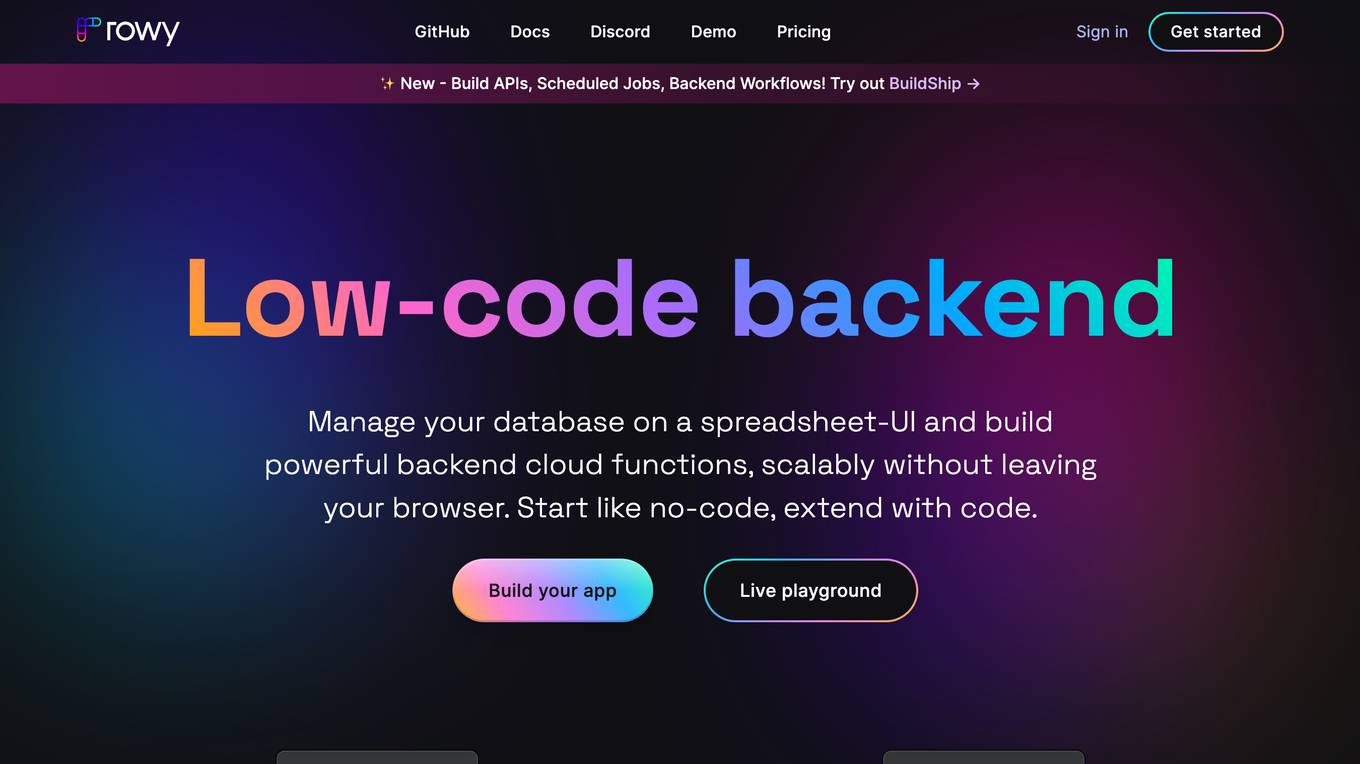
Rowy
Rowy is a low-code backend platform that allows users to manage their database on a spreadsheet-like interface and build powerful backend cloud functions without leaving their browser. It offers a variety of features such as derivative fields, action fields, extensions, webhooks, and integrations with popular tools like Google Vision, GPT-3, Figma, and Webflow. Rowy is designed to be accessible to both developers and non-technical users, making it a versatile tool for building and managing backend applications.
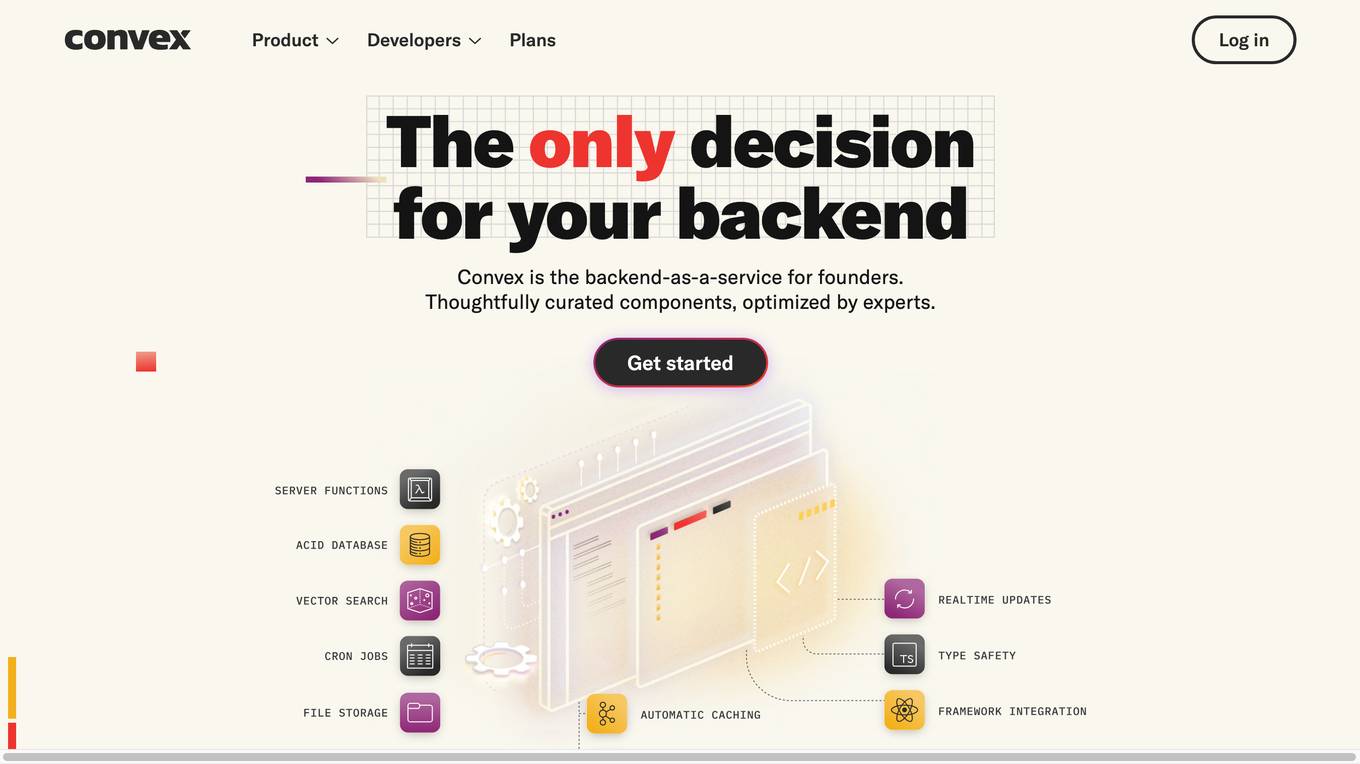
Convex
Convex is a fullstack TypeScript development platform that serves as an open-source backend for application builders. It offers a comprehensive set of APIs and tools to build, launch, and scale applications efficiently. With features like real-time collaboration, optimized transactions, and over 80 OAuth integrations, Convex simplifies backend operations and allows developers to focus on delivering value to customers. The platform enables developers to write backend logic in TypeScript, perform database operations with strong consistency, and integrate with various third-party services seamlessly. Convex is praised for its reliability, simplicity, and developer experience, making it a popular choice for modern software development projects.
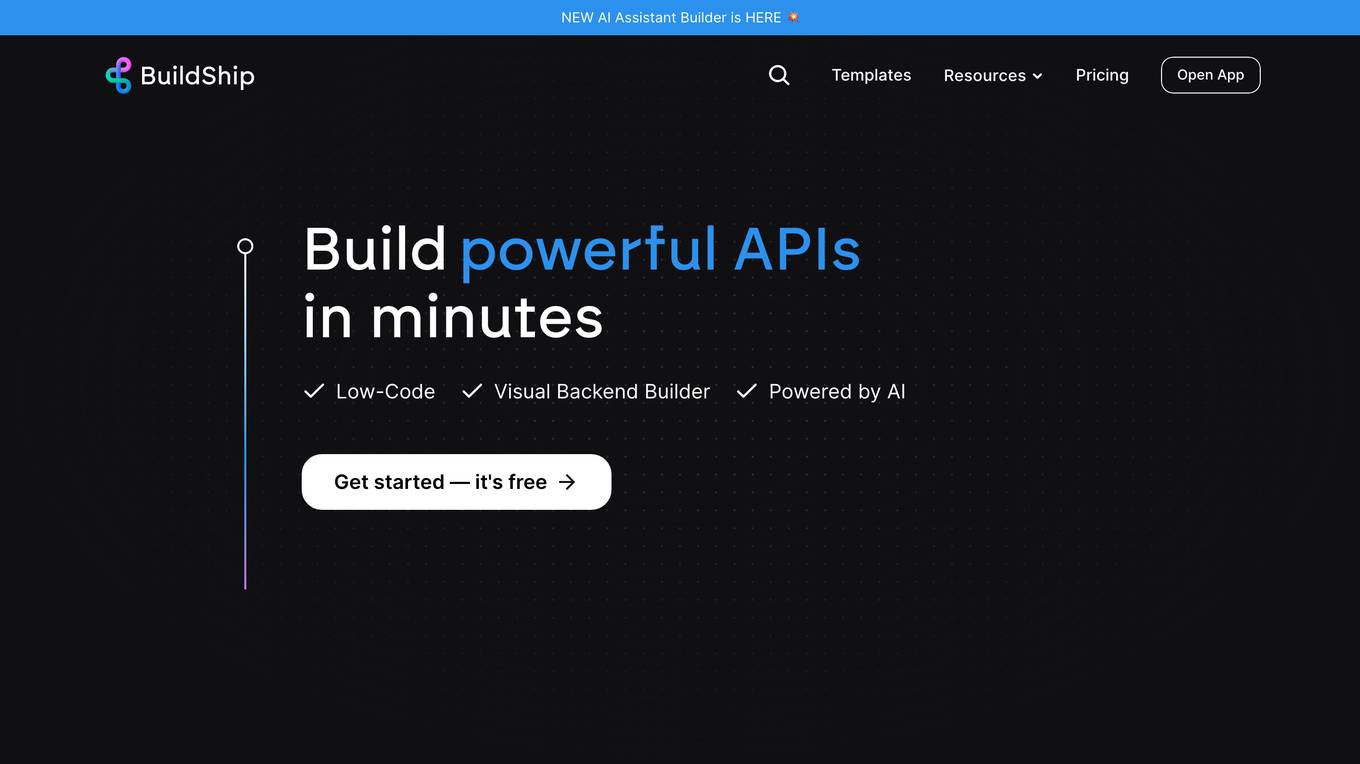
BuildShip
BuildShip is a low-code visual backend builder that allows users to create powerful APIs in minutes. It is powered by AI and offers a variety of features such as pre-built nodes, multimodal flows, and integration with popular AI models. BuildShip is suitable for a wide range of users, from beginners to experienced developers. It is also a great tool for teams who want to collaborate on backend development projects.
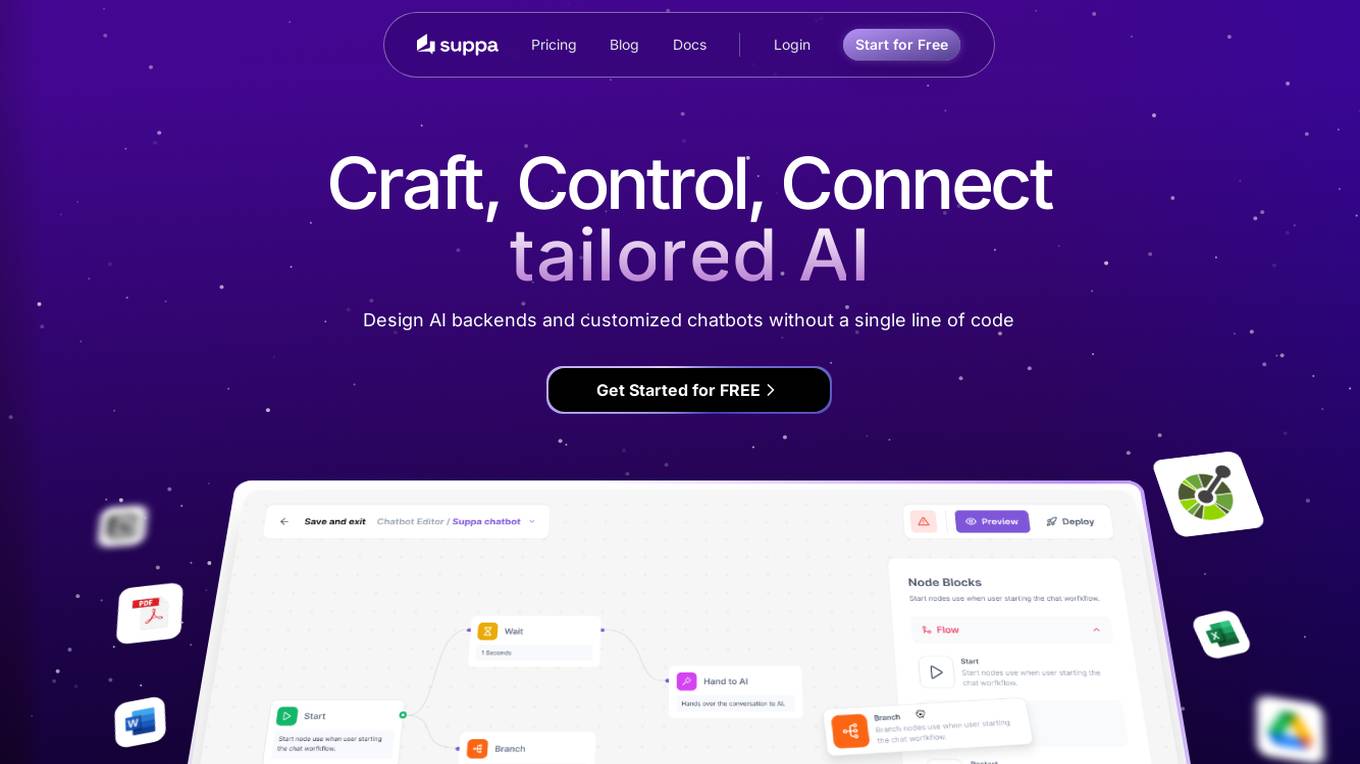
Suppa
Suppa is an AI tool that empowers businesses by providing a platform to design AI backends and customized chatbots without any coding. It allows users to integrate AI into their mobile apps easily and connect to various systems. With multi-source data capabilities and a no-code AI chatbot builder, Suppa simplifies the process of creating powerful AI solutions for businesses.
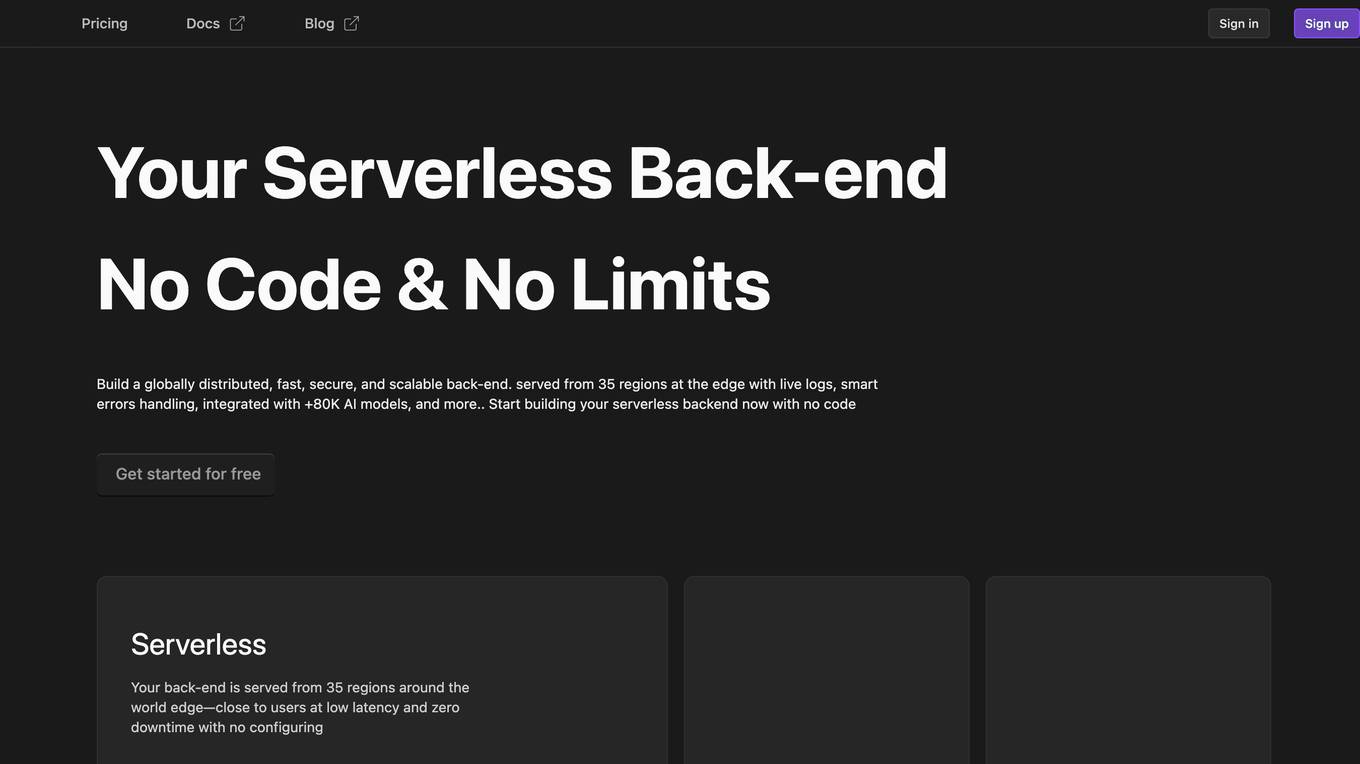
Koxy AI
Koxy AI is an AI-powered serverless back-end platform that allows users to build globally distributed, fast, secure, and scalable back-ends with no code required. It offers features such as live logs, smart errors handling, integration with over 80,000 AI models, and more. Koxy AI is designed to help users focus on building the best service possible without wasting time on security and latency concerns. It provides a No-SQL JSON-based database, real-time data synchronization, cloud functions, and a drag-and-drop builder for API flows.
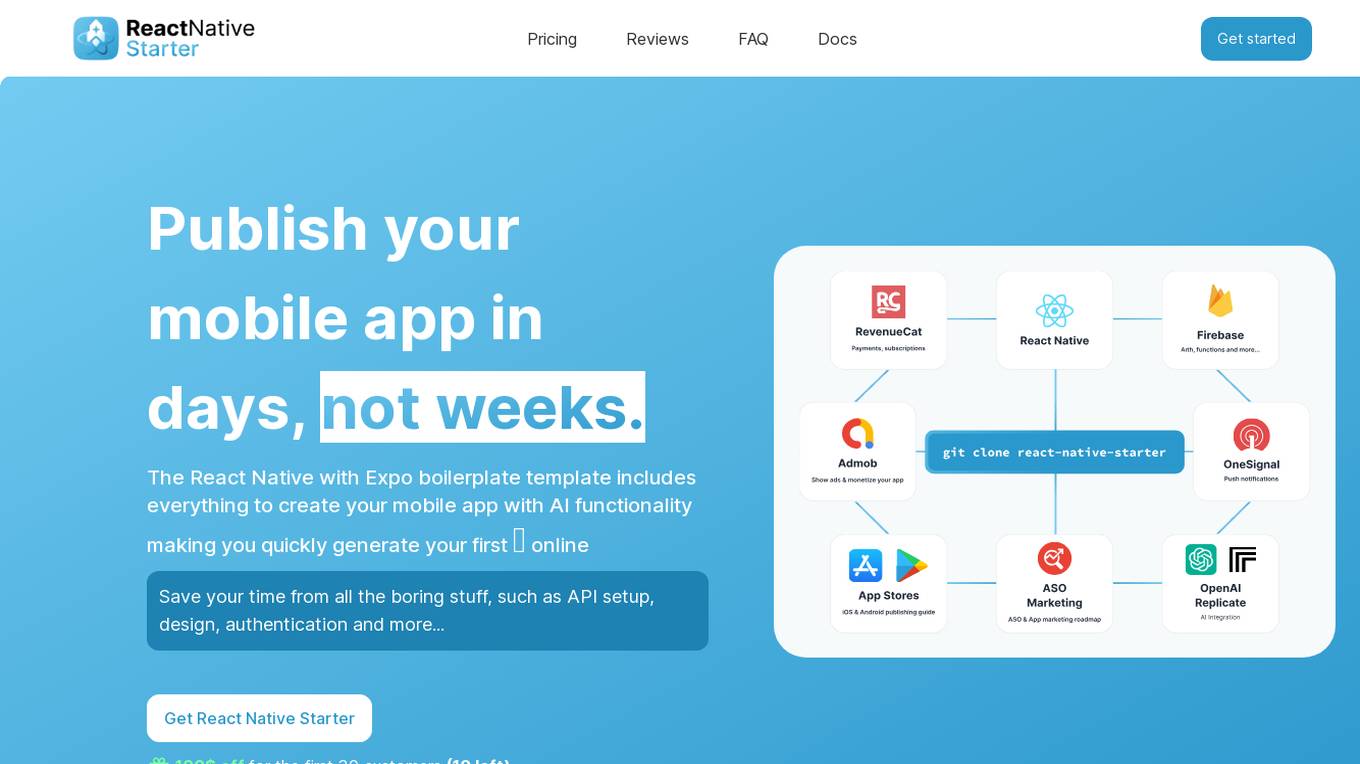
React Native Starter AI
React Native Starter AI is an all-in-one development kit designed to help users quickly launch their mobile apps with AI functionality. The boilerplate template includes integrations such as AI tools, Firebase functions, analytics, authentication, in-app purchases, and more. It aims to save developers time by providing pre-built components and screens for building AI mobile applications. With React Native Starter AI, users can easily customize and publish their apps on mobile app stores, catering to both beginner and experienced developers.
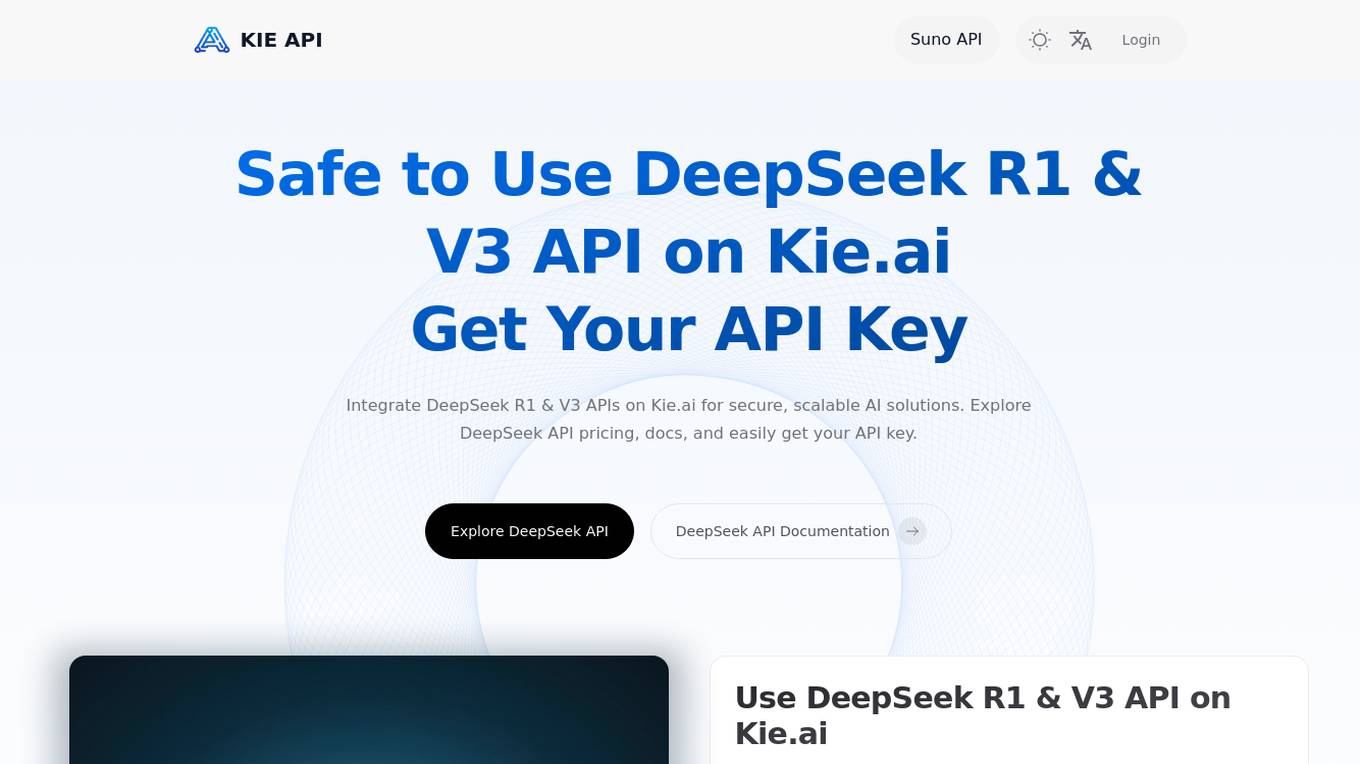
Kie.ai
Kie.ai is an AI platform that offers access to DeepSeek R1 & V3 APIs for secure and scalable AI solutions. It provides advanced reasoning models for tasks in math, coding, and language, along with versatile natural language processing capabilities. With no local deployment required, developers can easily integrate the APIs into their projects for fast and efficient AI solutions. Kie.ai ensures data security by hosting the APIs on U.S.-based servers, offering affordable pricing plans and comprehensive documentation for seamless integration.
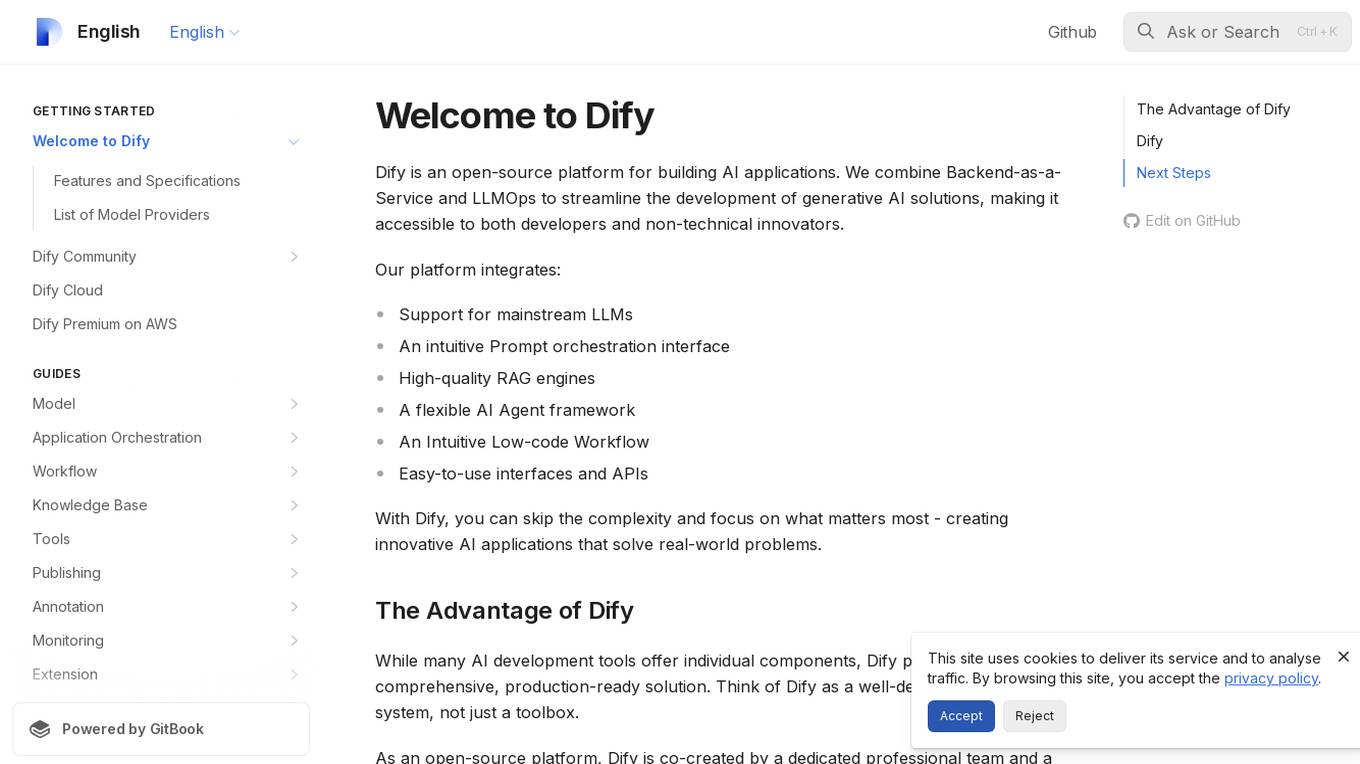
Dify
Dify is an open-source platform for building AI applications that combines Backend-as-a-Service and LLMOps to streamline the development of generative AI solutions. It integrates support for mainstream LLMs, an intuitive Prompt orchestration interface, high-quality RAG engines, a flexible AI Agent framework, and easy-to-use interfaces and APIs. Dify allows users to skip complexity and focus on creating innovative AI applications that solve real-world problems. It offers a comprehensive, production-ready solution with a user-friendly interface.
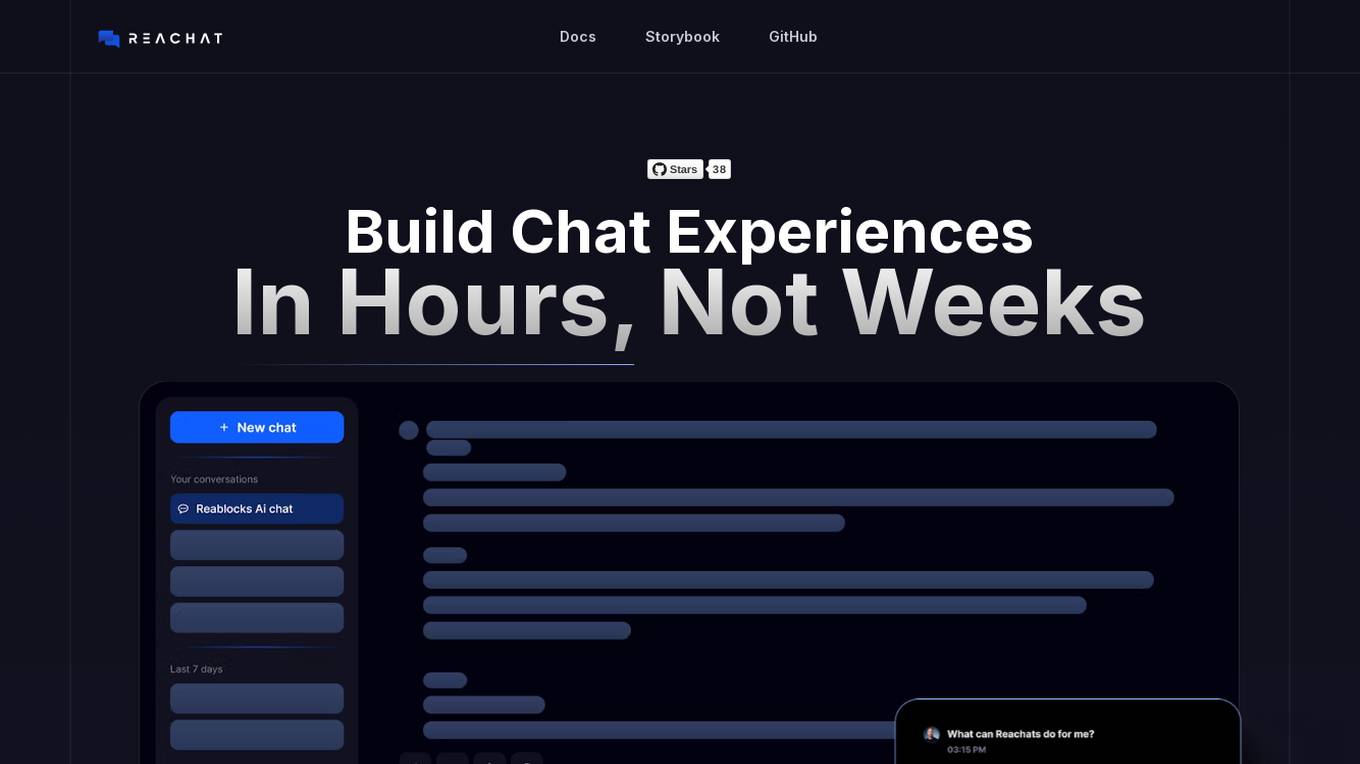
Reachat
Reachat is an open-source UI building library for creating chat interfaces in ReactJS. It offers highly customizable components and theming options, rich media support for file uploads and markdown formatting, an intuitive API for building custom chat experiences, and the ability to seamlessly switch between different AI models. Reachat is battle-tested and used in production across various enterprise products. It is a powerful, flexible, and user-friendly AI chat interface library that allows developers to easily integrate conversational AI capabilities into their applications without the need to spend weeks building custom components. Reachat is not tied to any specific backend or LLM, providing the freedom to use it with any backend or LLM of choice.
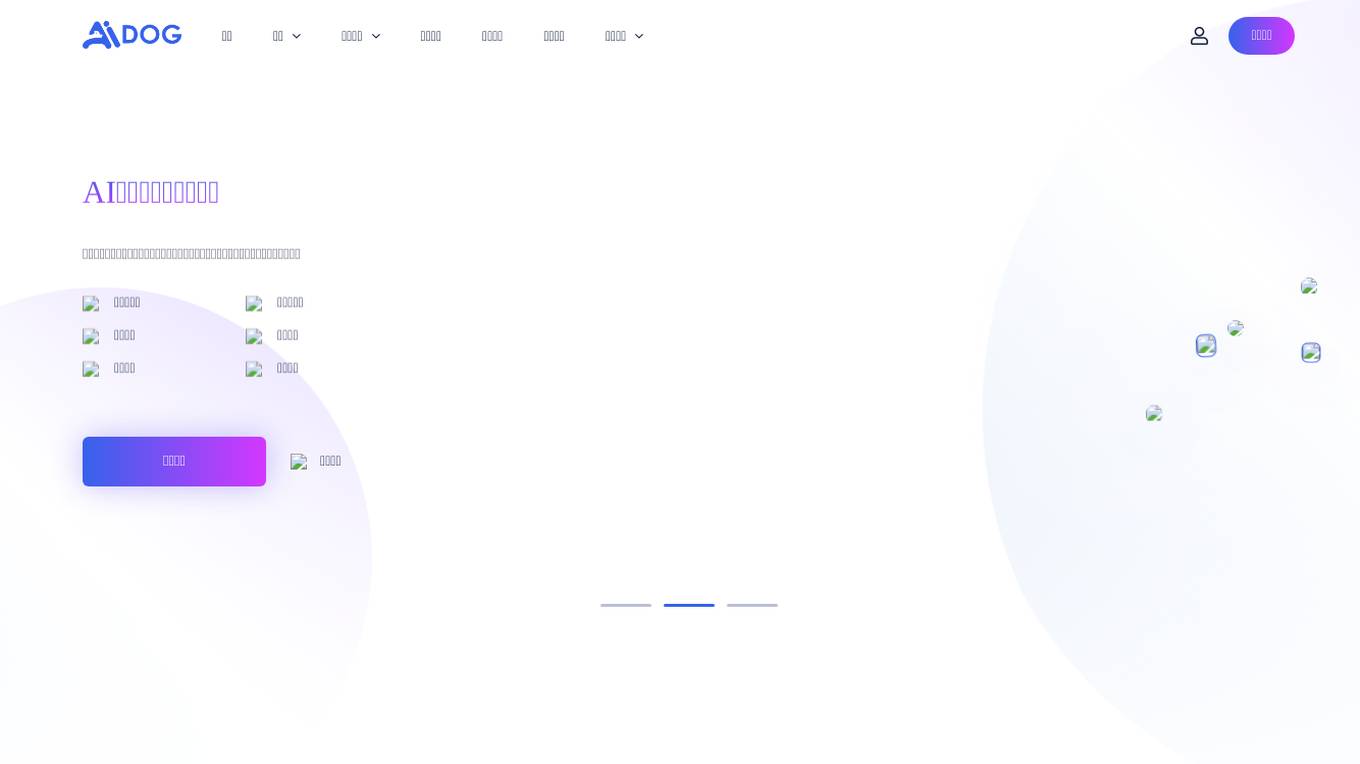
AI-DOG
AI-DOG is an intelligent partner and creation platform that explores infinite creativity. It offers a range of AI-powered tools to assist users in content creation, website optimization, and marketing. With AI-DOG, users can generate high-quality articles, train AI models, create compelling文案, optimize websites, and produce engaging videos and literary content. The platform seamlessly integrates with website backend systems, enabling automated and intelligent content publishing.

BugFree.ai
BugFree.ai is an AI-powered platform designed to help users practice system design and behavior interviews, similar to Leetcode. The platform offers a range of features to assist users in preparing for technical interviews, including mock interviews, real-time feedback, and personalized study plans. With BugFree.ai, users can improve their problem-solving skills and gain confidence in tackling complex interview questions.

Endex
Endex is an Excel-native AI Agent designed to automate Excel work, specifically tailored for financial modeling and data analysis tasks. It provides essential capabilities directly within Excel, integrates with trusted public data sources, and offers deep research integration. Endex ensures enterprise-grade security with AES-256 encryption and SOC 2 compliance. The application is auditable from start to finish, providing integrated citations and customizable formatting shortcuts. Users can leverage Endex for various Excel tasks, with the ability to build charts, create visualizations, and receive actionable insights powered by OpenAI's Deep Research integration.

Groundsales.ai
Groundsales.ai is an AI-driven sales forecasting tool that empowers businesses to make accurate predictions and optimize sales strategies. By leveraging advanced analytics and scenario modeling, the platform provides real-time insights and trend analysis to help businesses stay ahead in the competitive market. With seamless data integration and a user-friendly interface, Groundsales.ai offers a data-driven evolution for businesses of all sizes, enabling them to make informed decisions and maximize revenue potential.

Verihubs
Verihubs is an AI-based verification system that offers backend infrastructure solutions for digital businesses. It provides services such as deepfake detection, face recognition, liveness detection, data extraction, identity verification, phone number verification, and watchlist screening. The platform helps protect businesses from fraud by verifying user identities and preventing AI-based video and image identity fraud. Verihubs is trusted by over 400 clients worldwide for its secure and reliable services.

Marblism
Marblism is a platform that allows developers to quickly and easily launch React and Node.js applications. With Marblism, developers can generate the database schema, all the endpoints in the API, the design system, and even a few pages in the front-end. This can save developers a significant amount of time and effort, allowing them to focus on adding their unique touch to their applications.
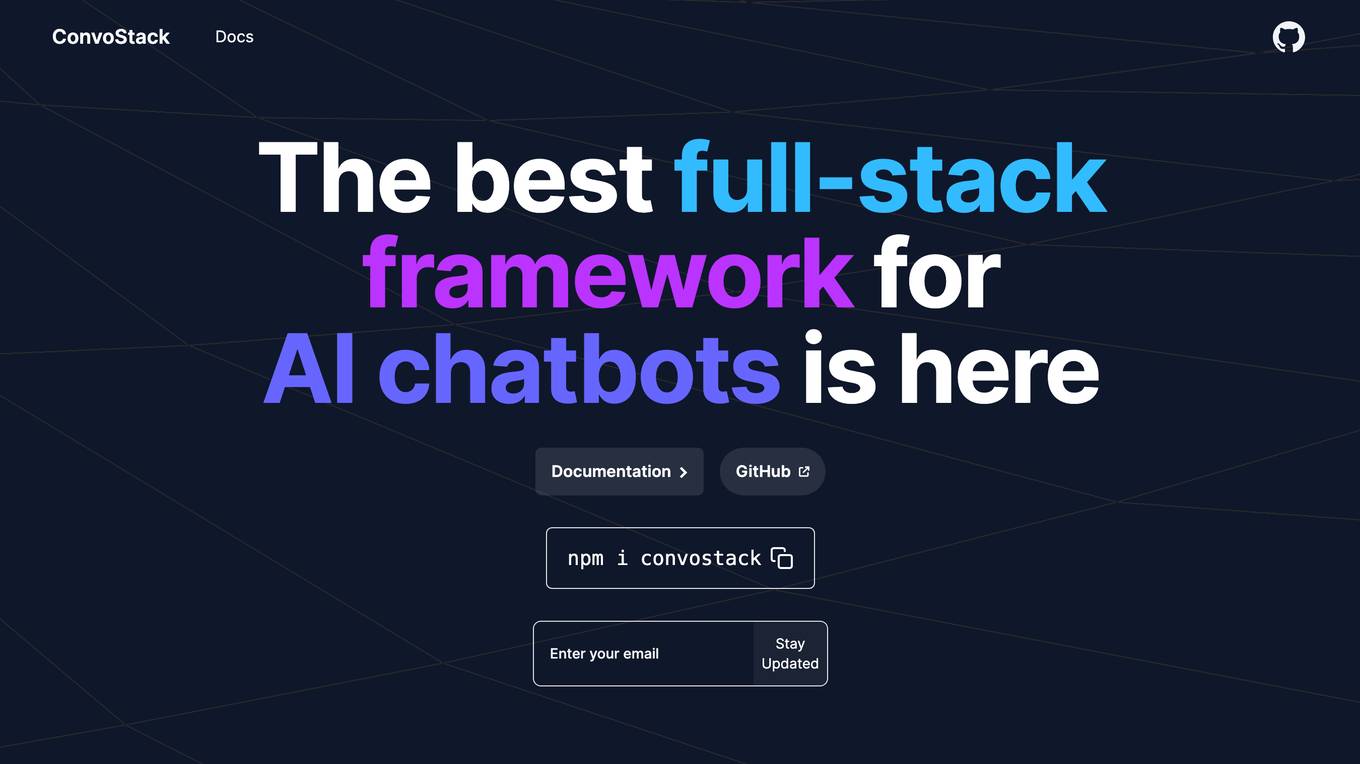
ConvoStack
ConvoStack is a free and open-source full-stack framework that makes it easy for developers to embed a customizable AI chatbot widget into a website with just a few lines of code. It supports popular frameworks such as Pinecone DB, Express, and React, and allows developers to integrate their own AI models using LangChain. ConvoStack is built on a tech stack that is used and loved by developers, and it is designed to be customizable for any use case.
1 - Open Source AI Tools
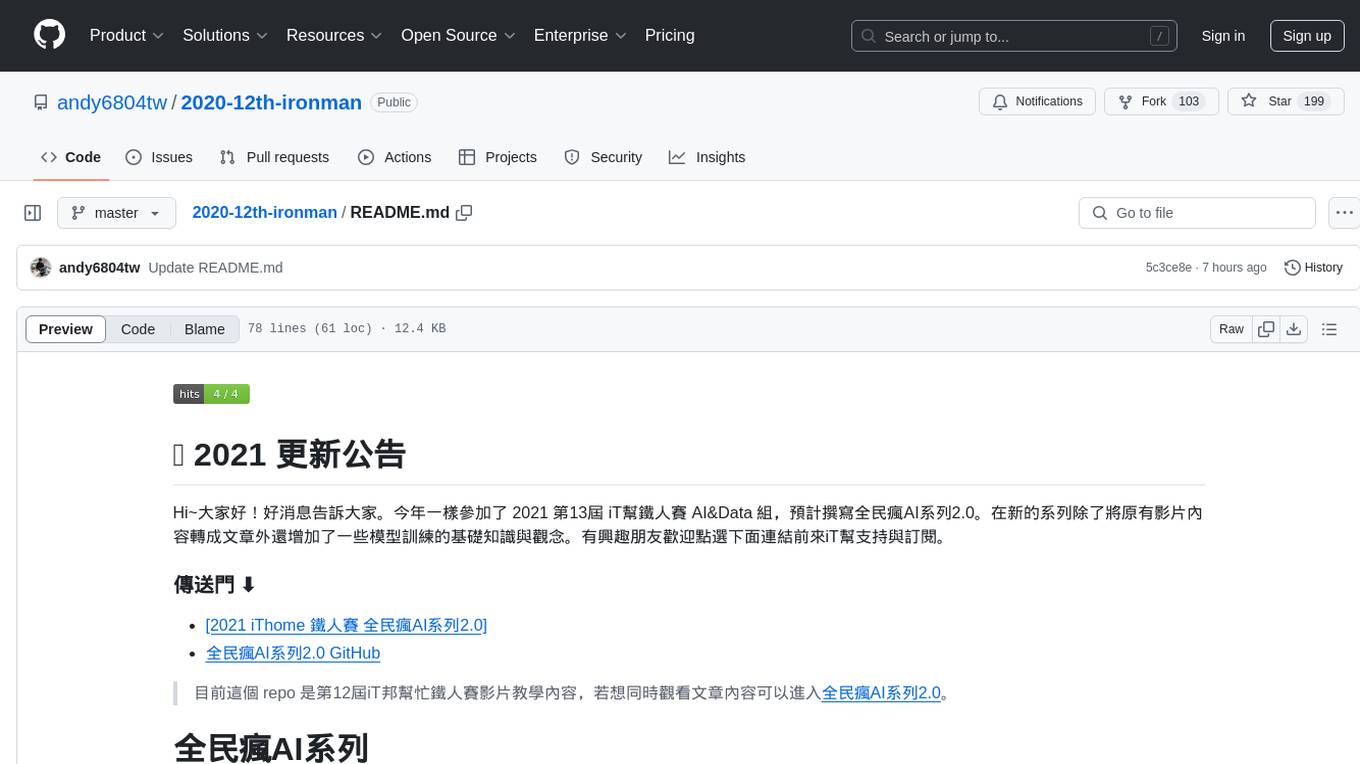
2020-12th-ironman
This repository contains tutorial content for the 12th iT Help Ironman competition, focusing on machine learning algorithms and their practical applications. The tutorials cover topics such as AI model integration, API server deployment techniques, and hands-on programming exercises. The series is presented in video format and will be compiled into an e-book in the future. Suitable for those familiar with Python, interested in implementing AI prediction models, data analysis, and backend integration and deployment of AI models.
20 - OpenAI Gpts
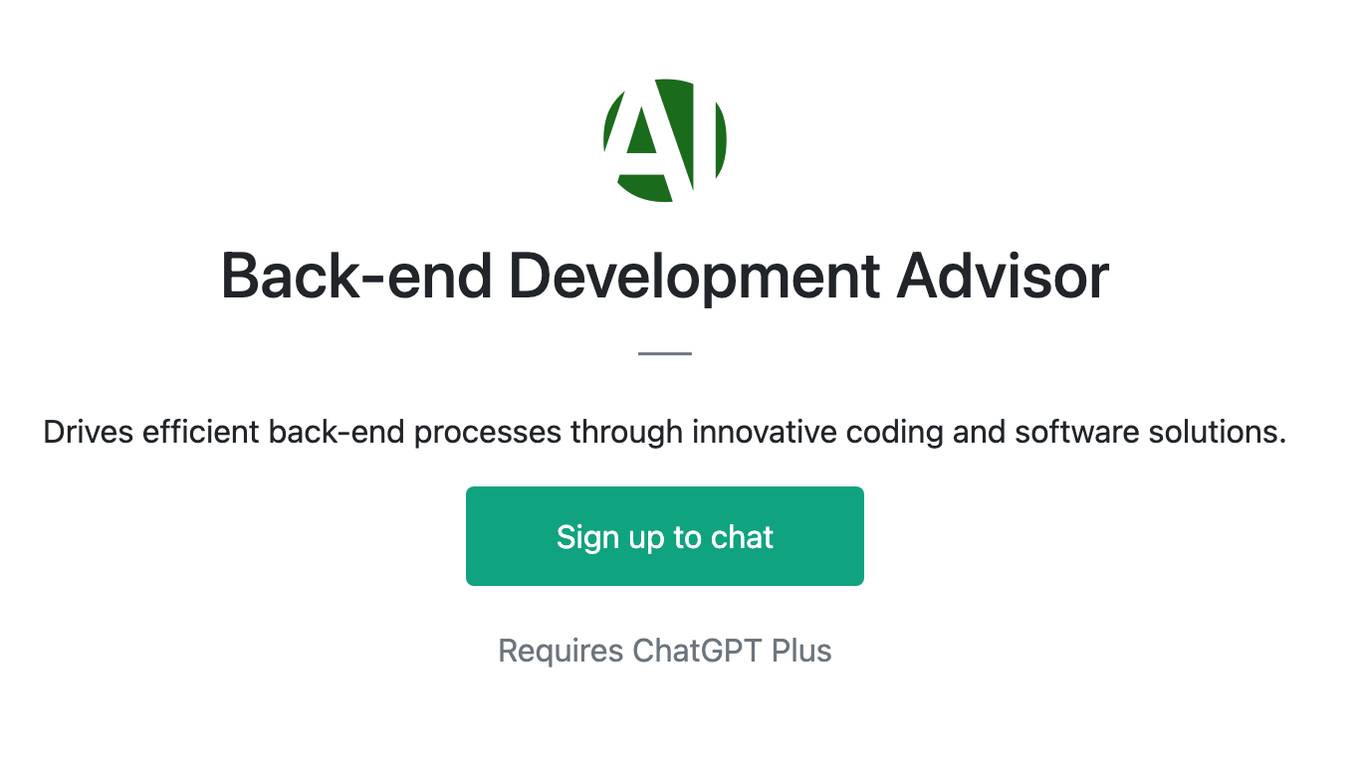
Back-end Development Advisor
Drives efficient back-end processes through innovative coding and software solutions.
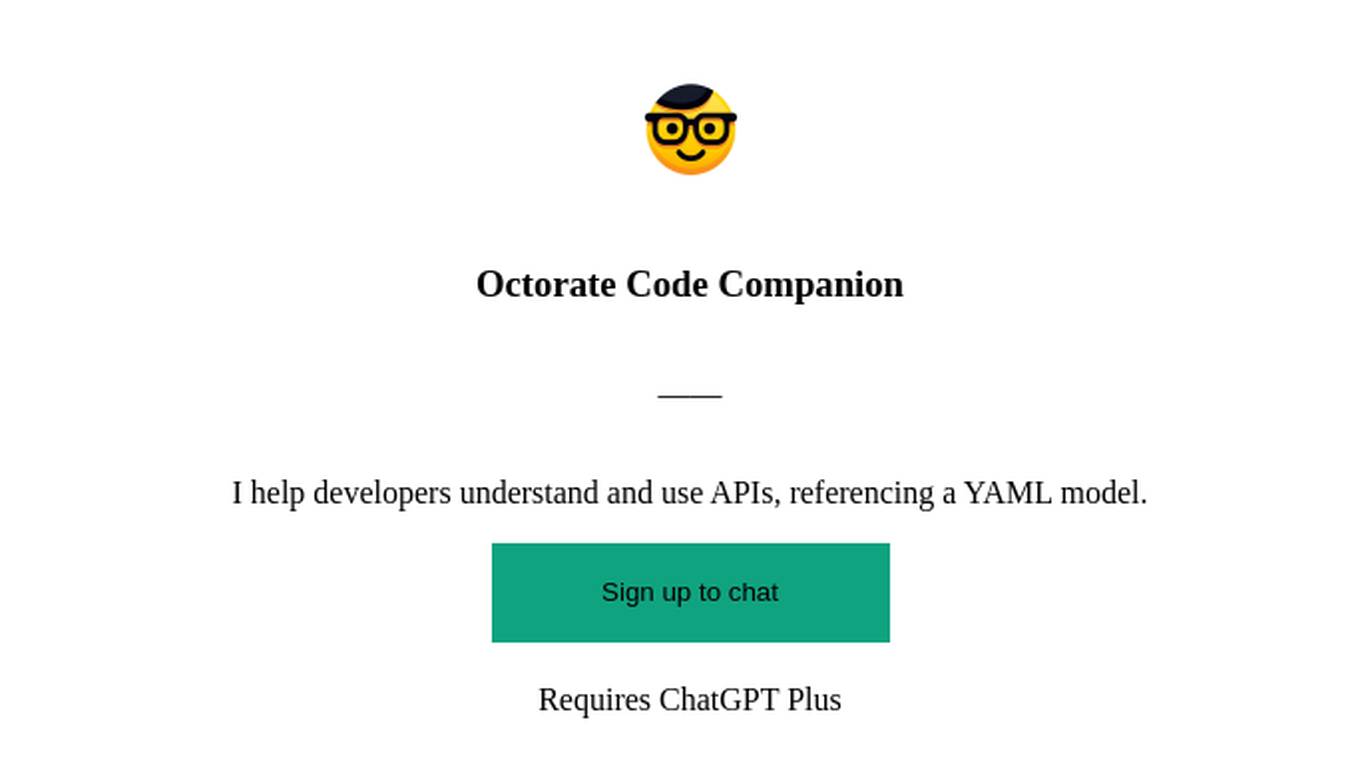
Octorate Code Companion
I help developers understand and use APIs, referencing a YAML model.
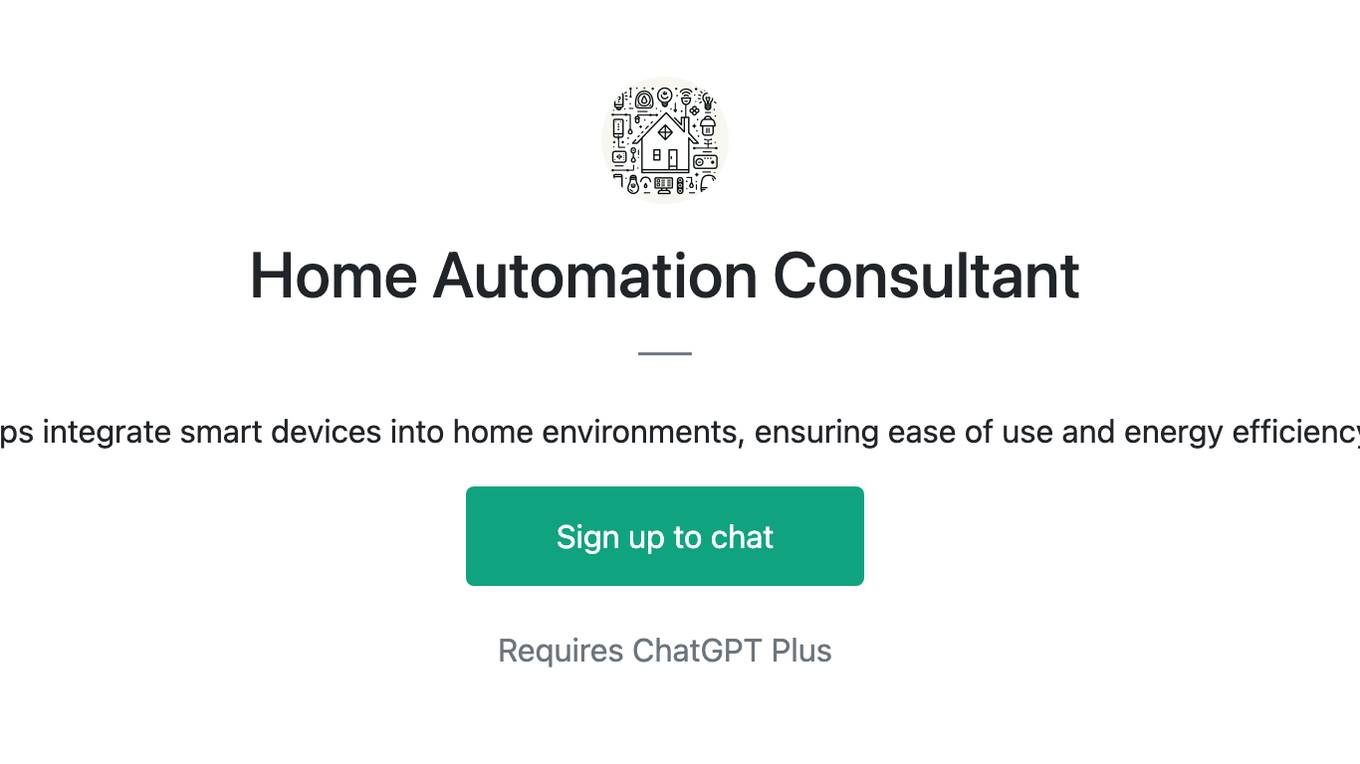
Home Automation Consultant
Helps integrate smart devices into home environments, ensuring ease of use and energy efficiency.
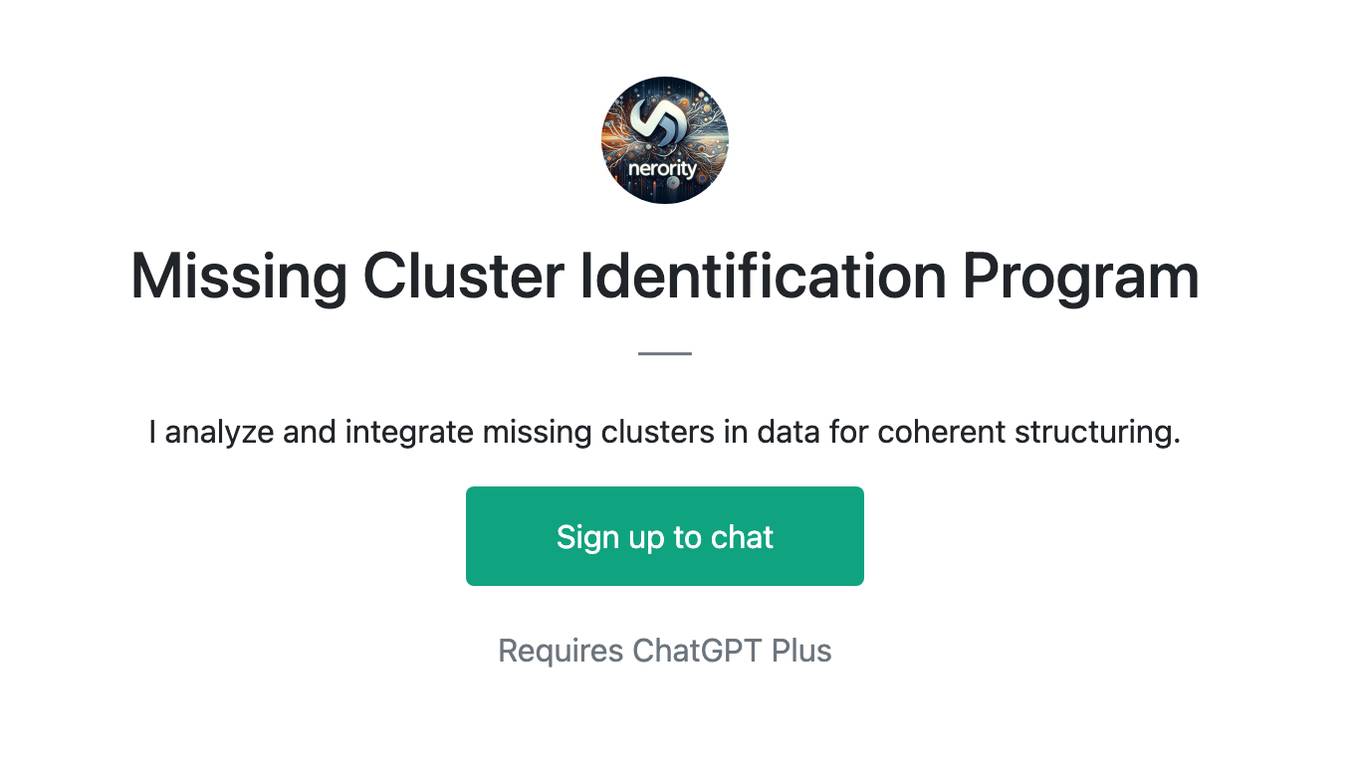
Missing Cluster Identification Program
I analyze and integrate missing clusters in data for coherent structuring.
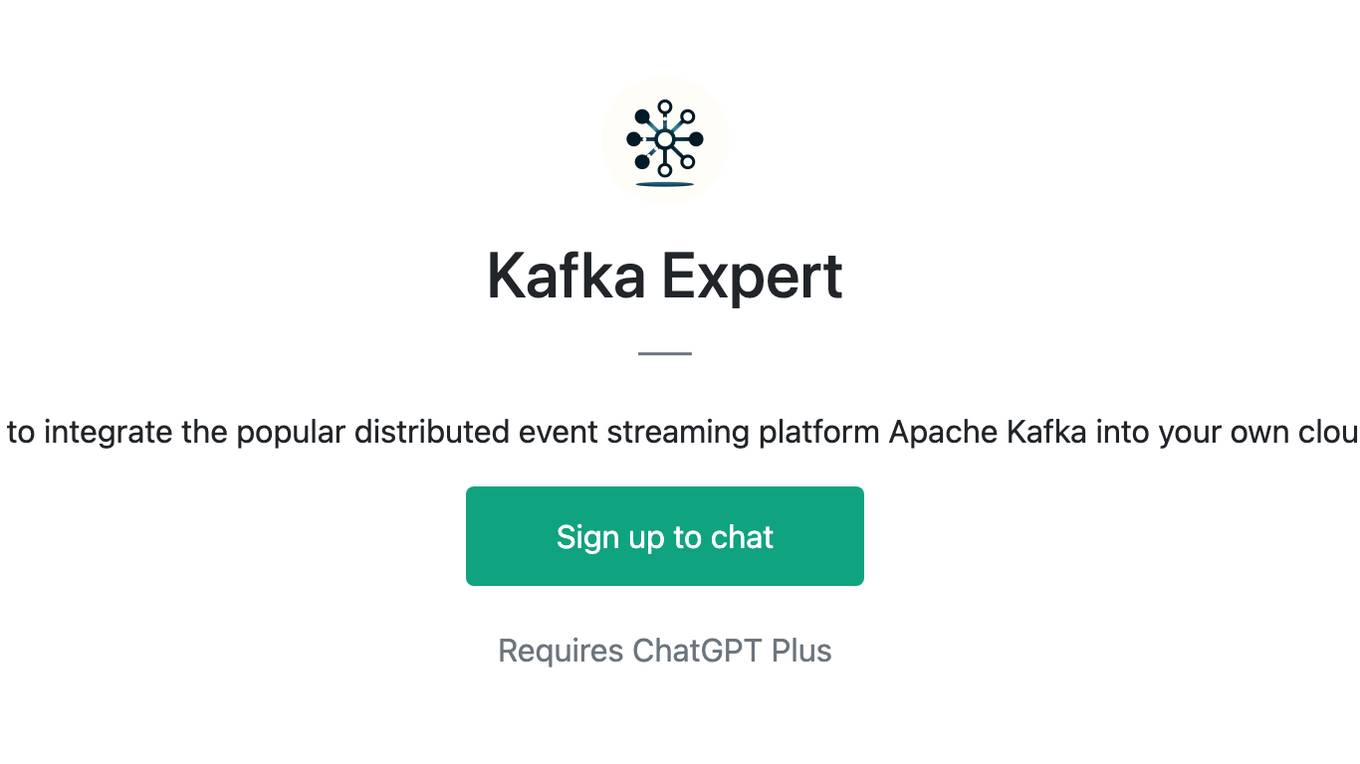
Kafka Expert
I will help you to integrate the popular distributed event streaming platform Apache Kafka into your own cloud solutions.
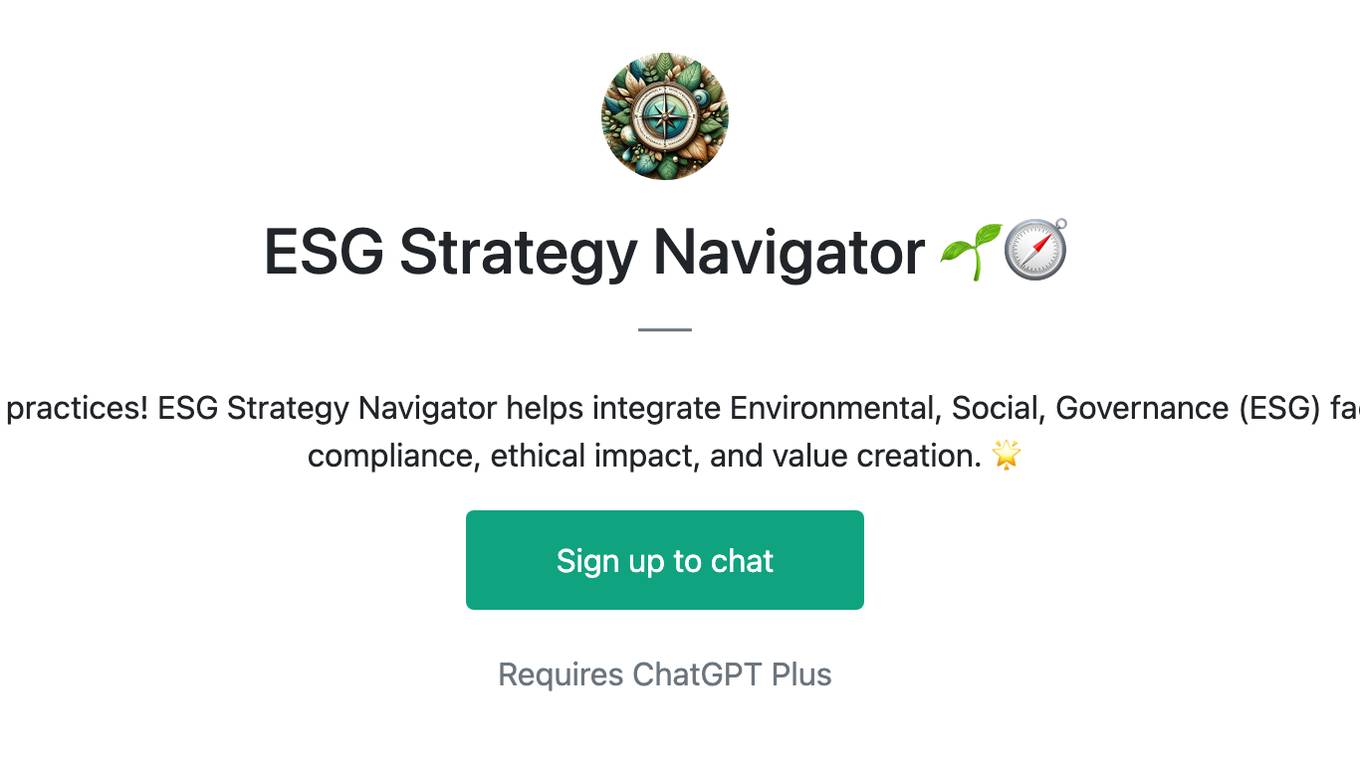
ESG Strategy Navigator 🌱🧭
Optimize your business with sustainable practices! ESG Strategy Navigator helps integrate Environmental, Social, Governance (ESG) factors into corporate strategy, ensuring compliance, ethical impact, and value creation. 🌟
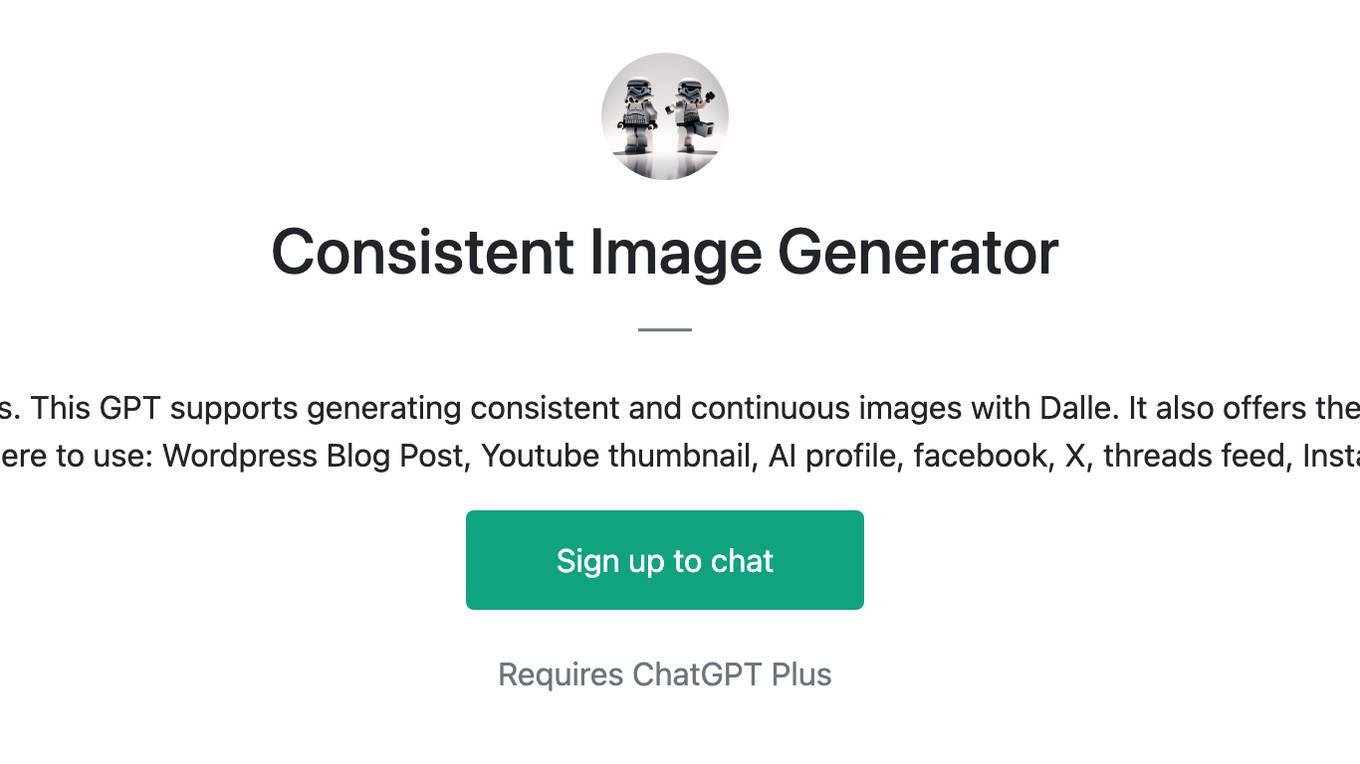
Consistent Image Generator
Geneate an image ➡ Request modifications. This GPT supports generating consistent and continuous images with Dalle. It also offers the ability to restore or integrate photos you upload. ✔️Where to use: Wordpress Blog Post, Youtube thumbnail, AI profile, facebook, X, threads feed, Instagram reels
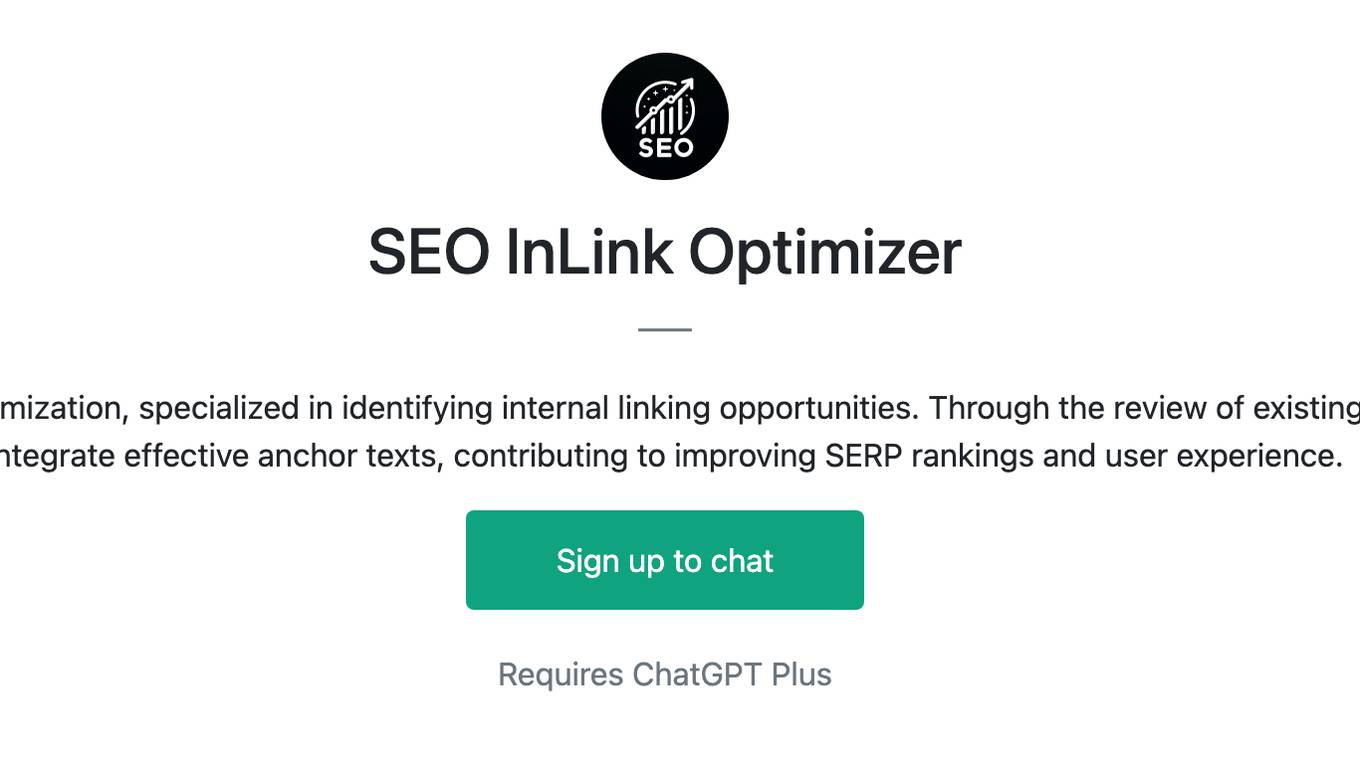
SEO InLink Optimizer
GPT created by Max Del Rosso for SEO optimization, specialized in identifying internal linking opportunities. Through the review of existing content, it suggests targeted changes to integrate effective anchor texts, contributing to improving SERP rankings and user experience.
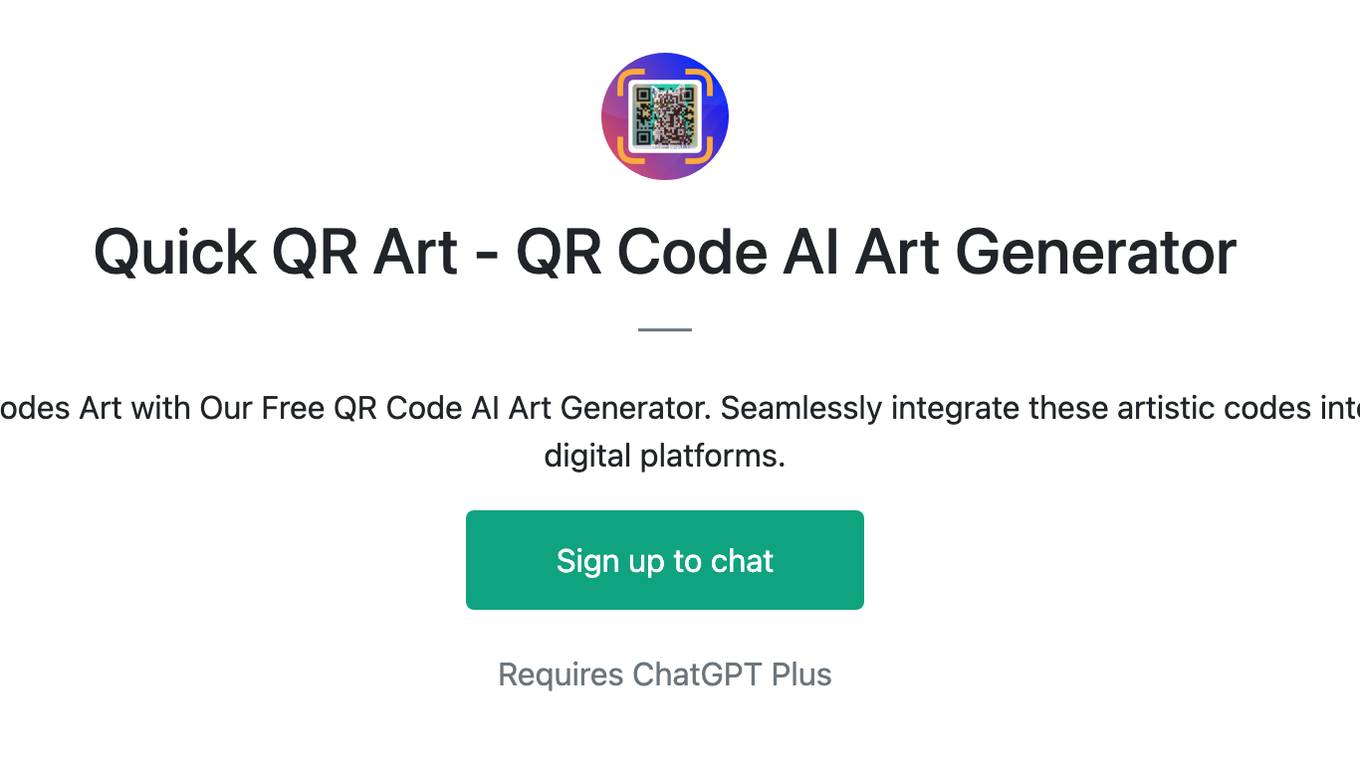
Quick QR Art - QR Code AI Art Generator
Create, Customize, and Track Stunning QR Codes Art with Our Free QR Code AI Art Generator. Seamlessly integrate these artistic codes into your marketing materials, packaging, and digital platforms.
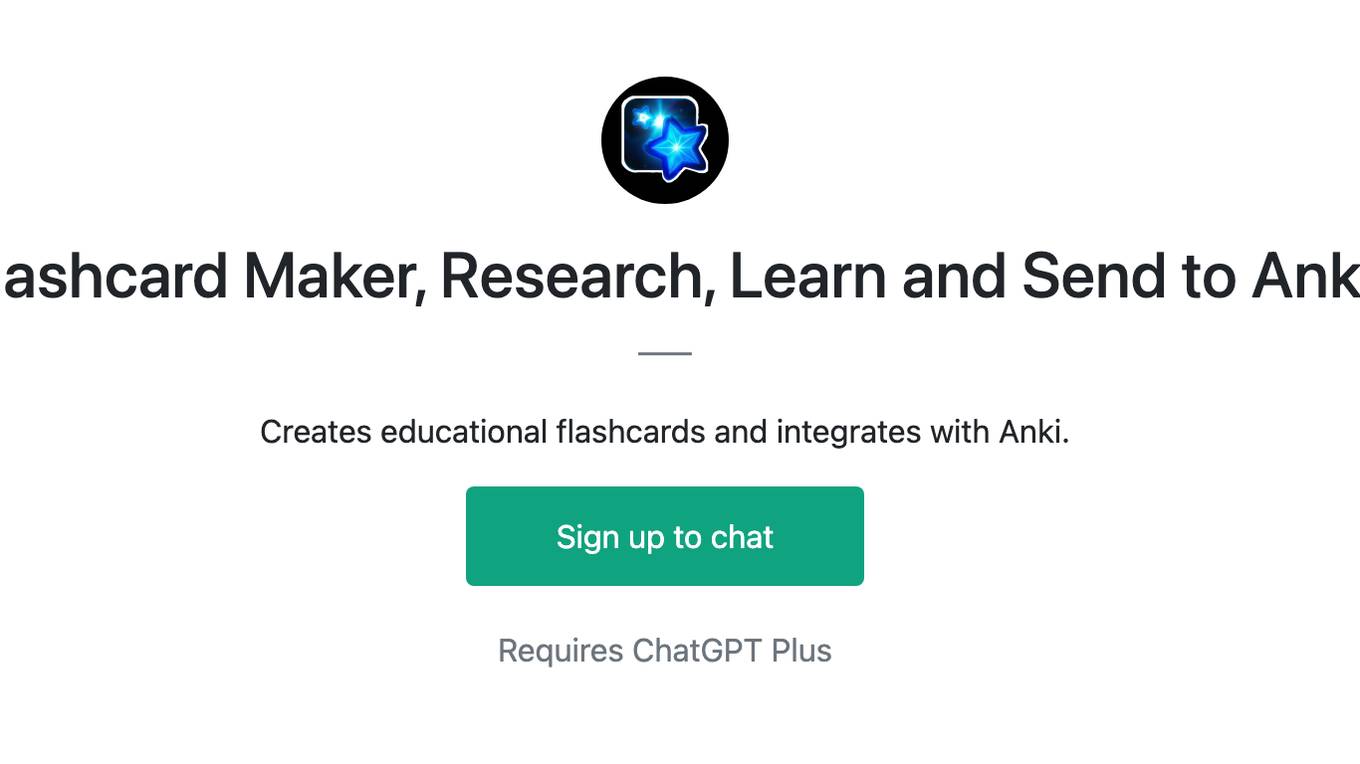
Flashcard Maker, Research, Learn and Send to Anki
Creates educational flashcards and integrates with Anki.
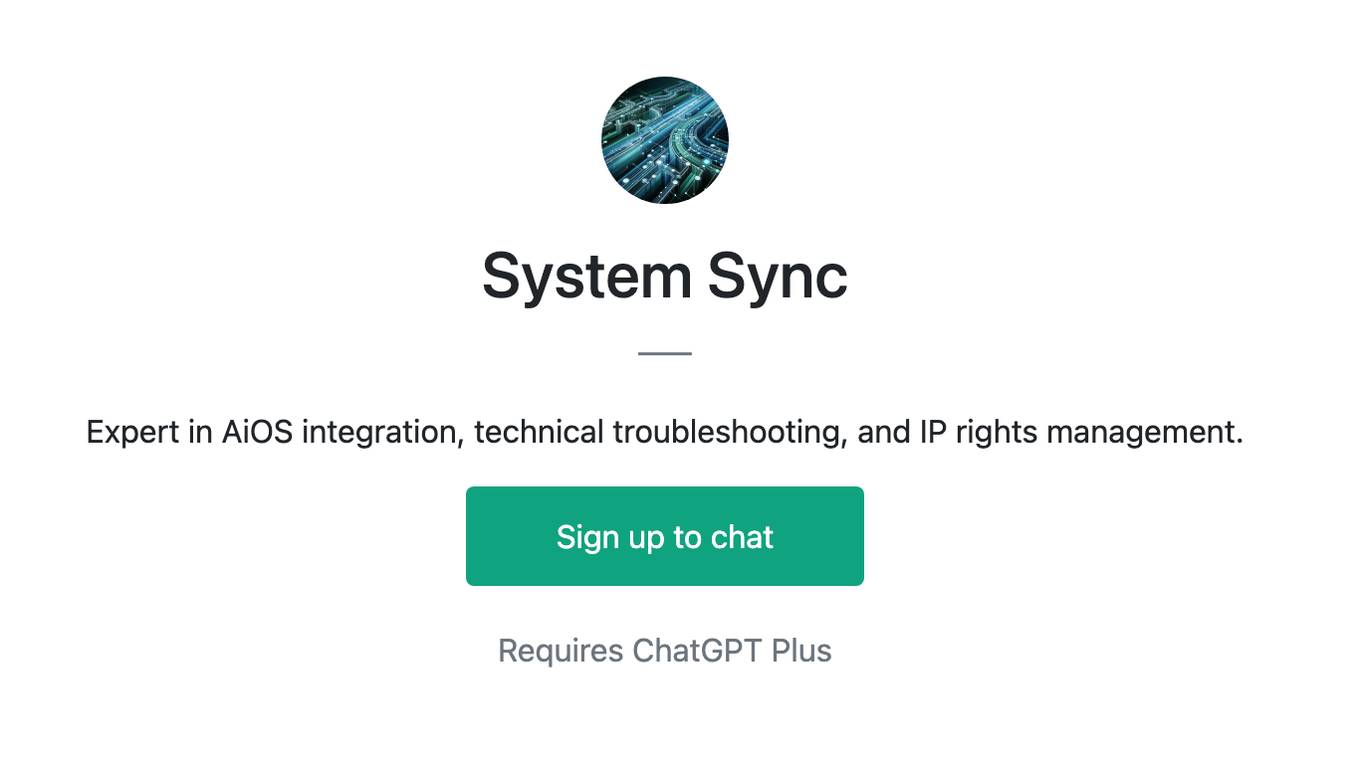
System Sync
Expert in AiOS integration, technical troubleshooting, and IP rights management.
